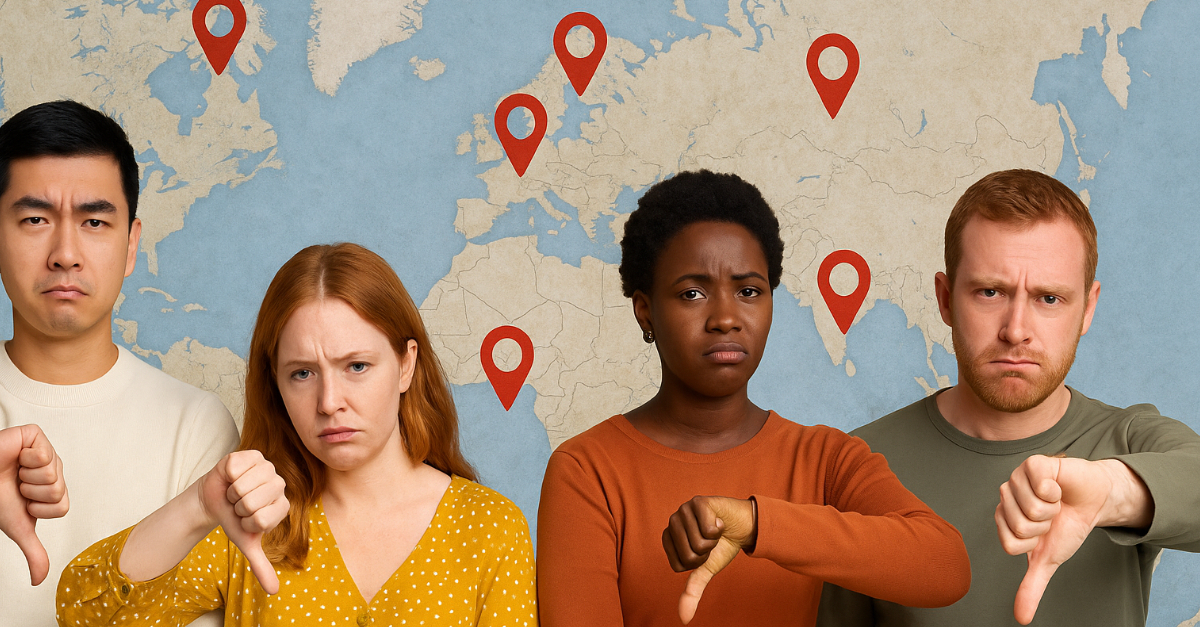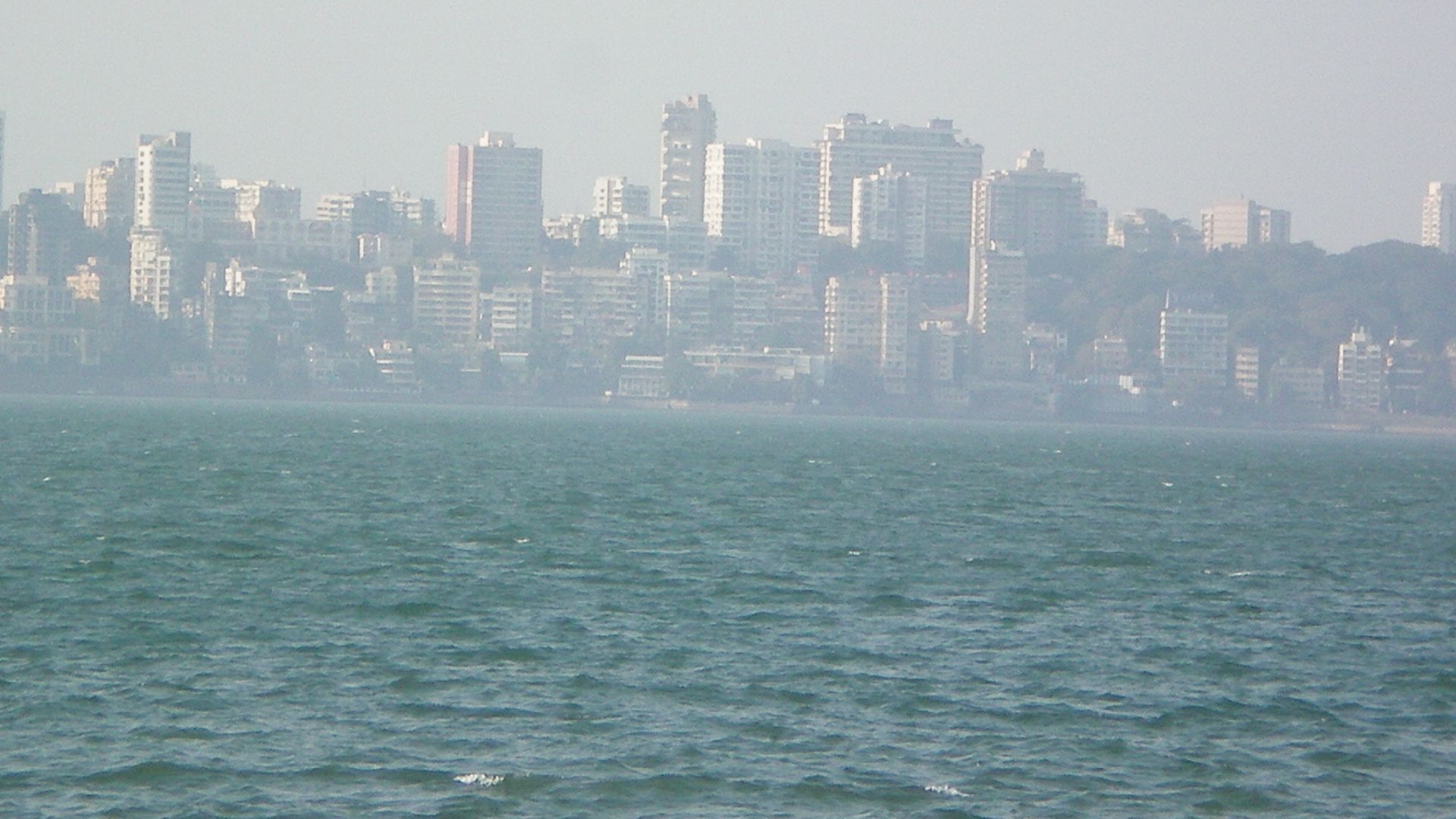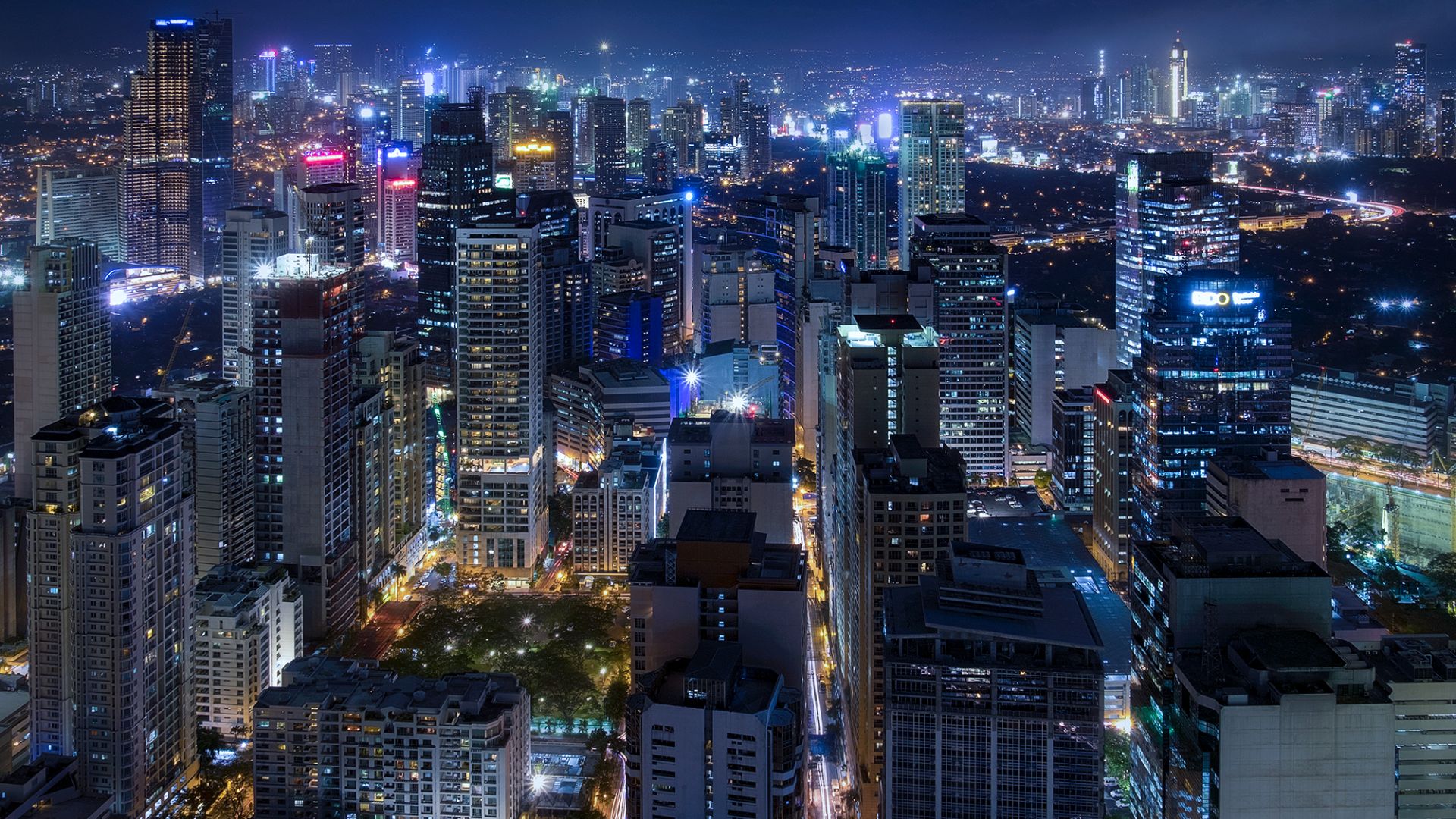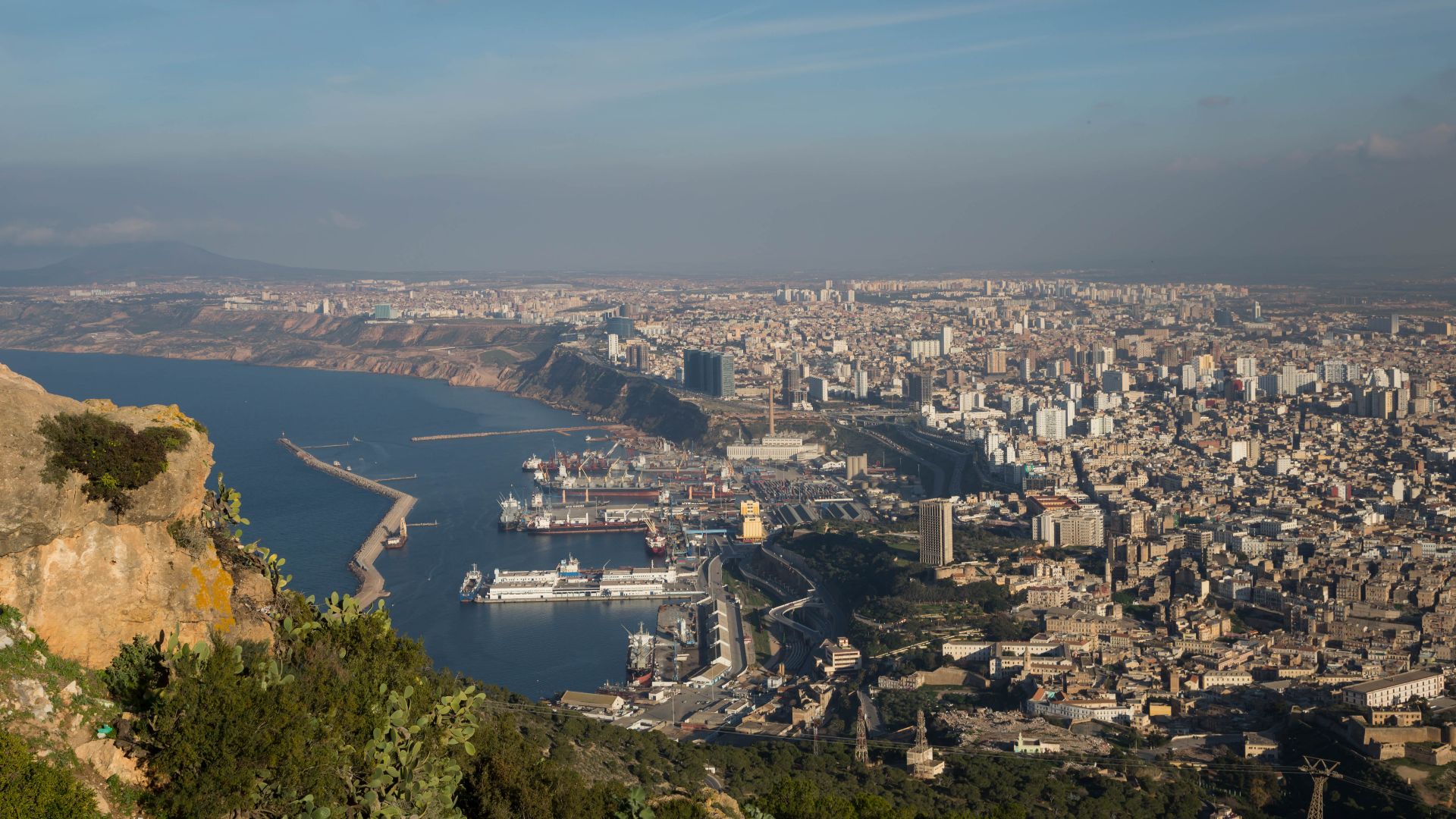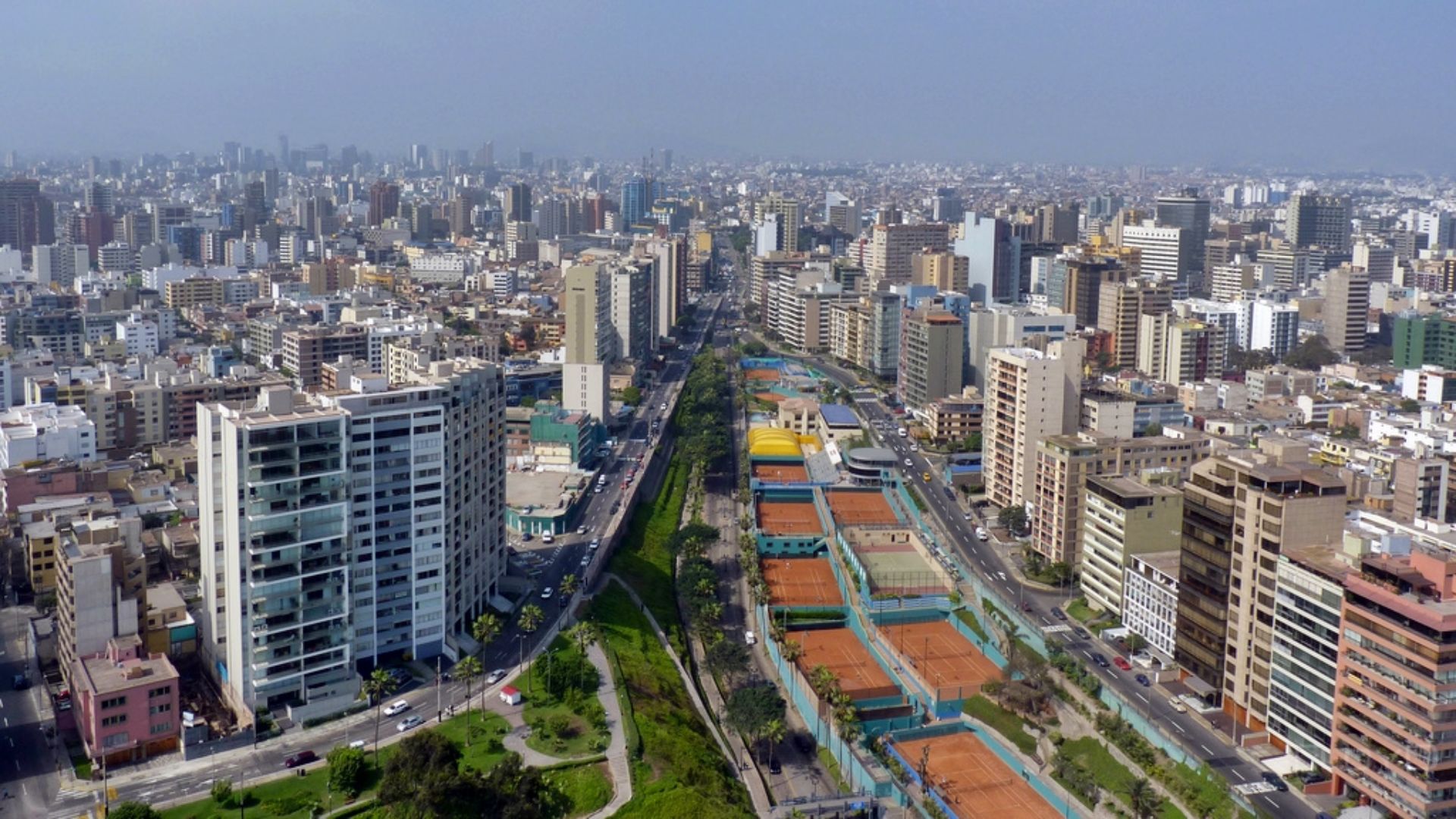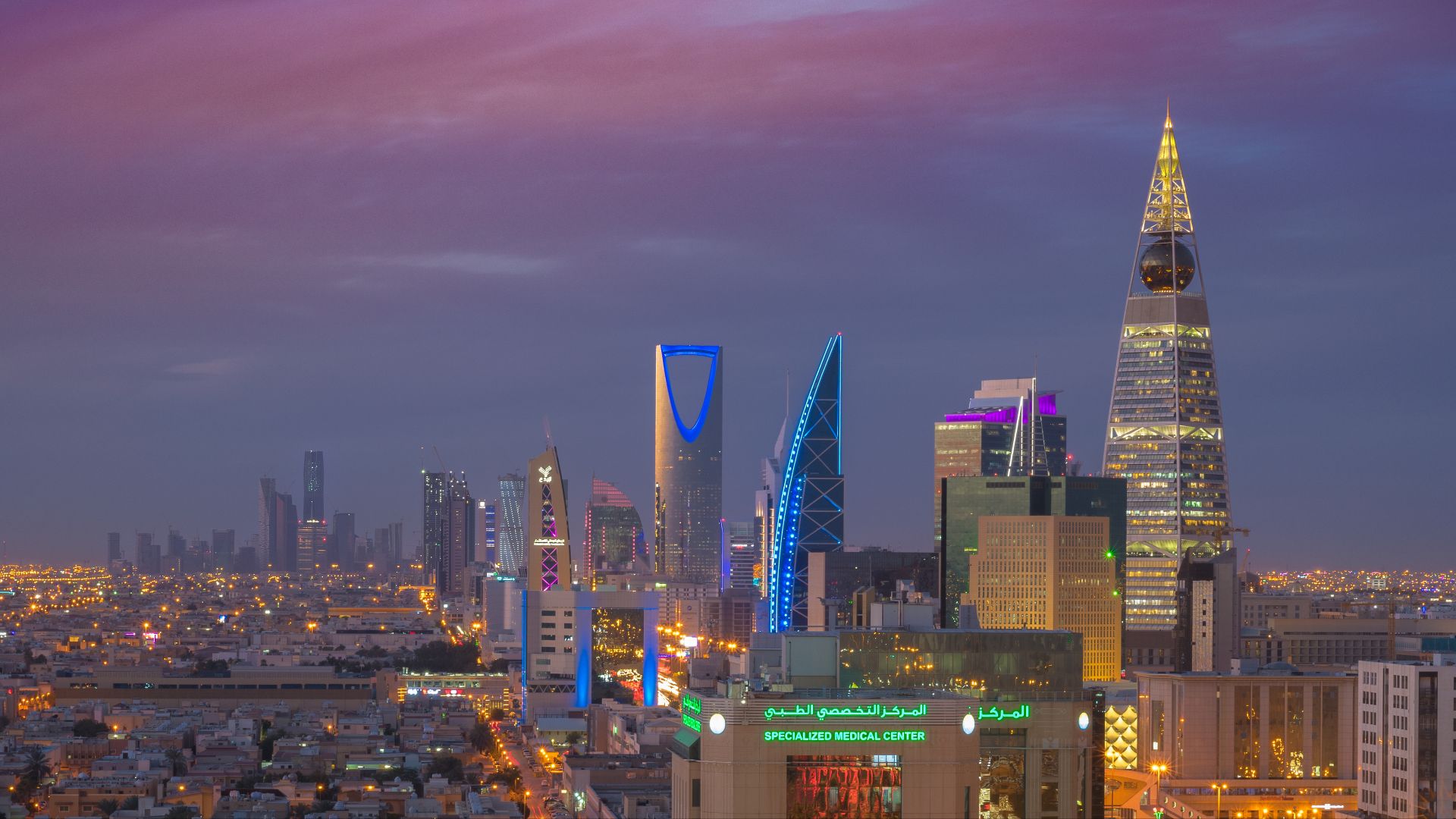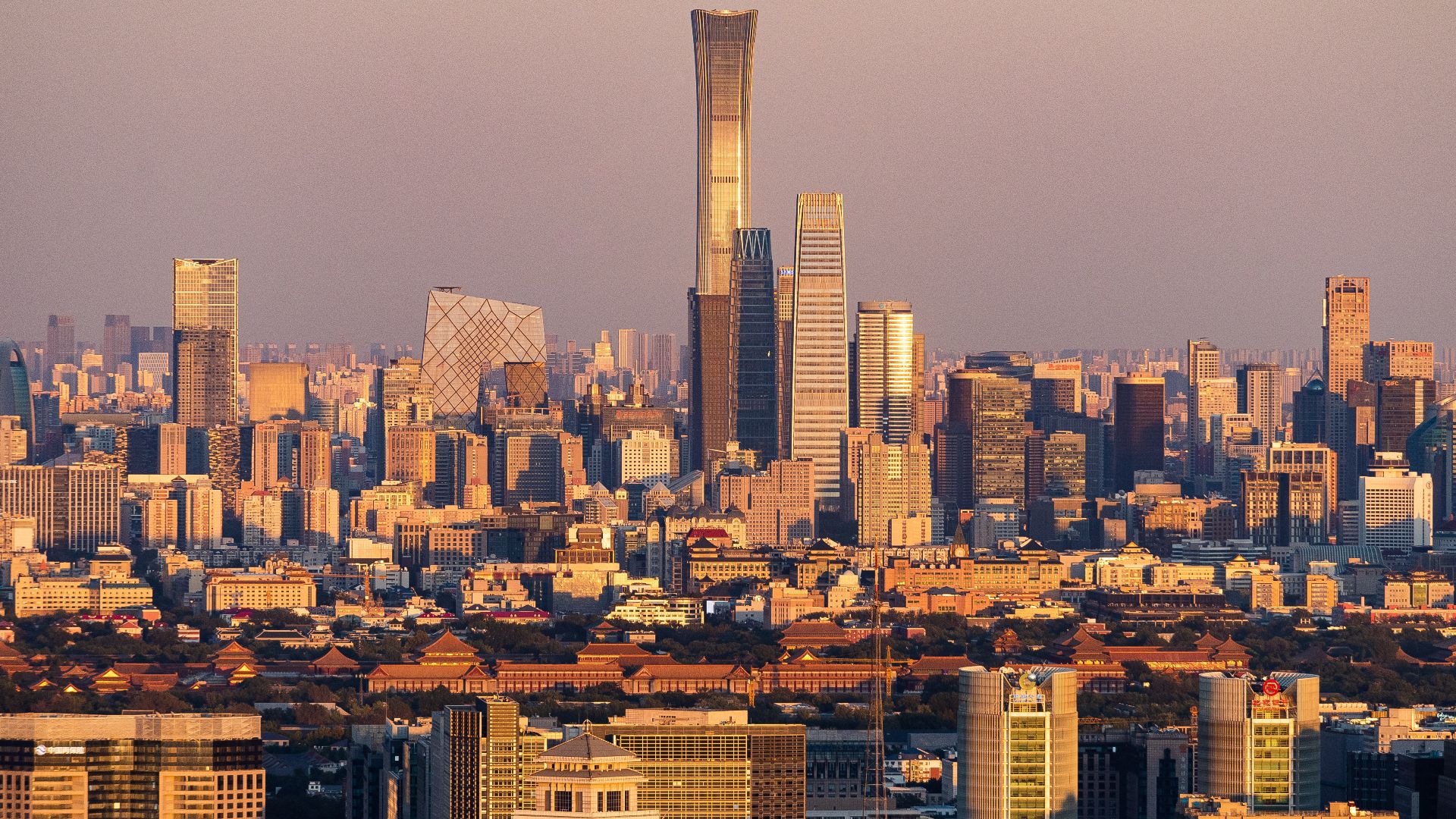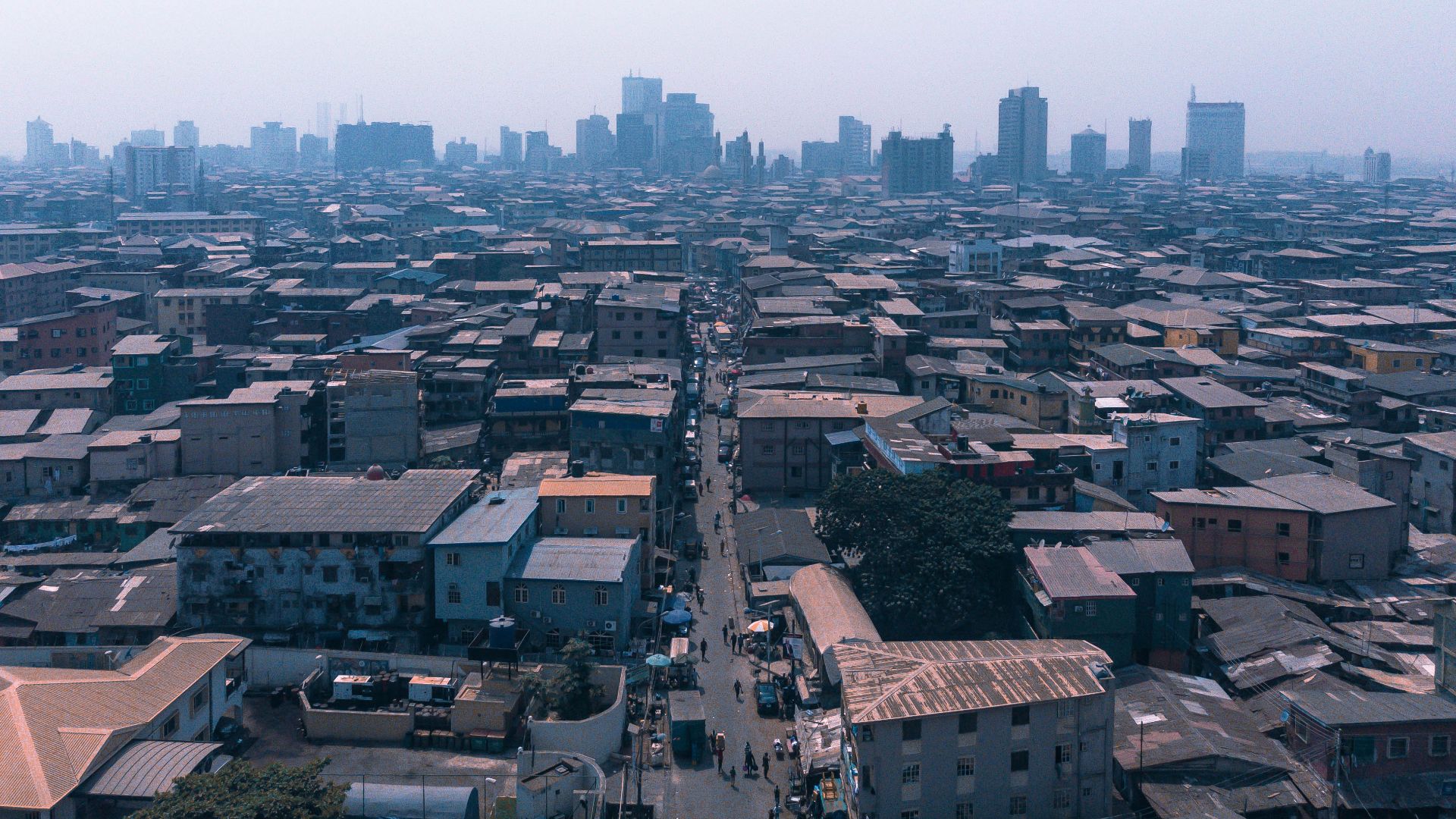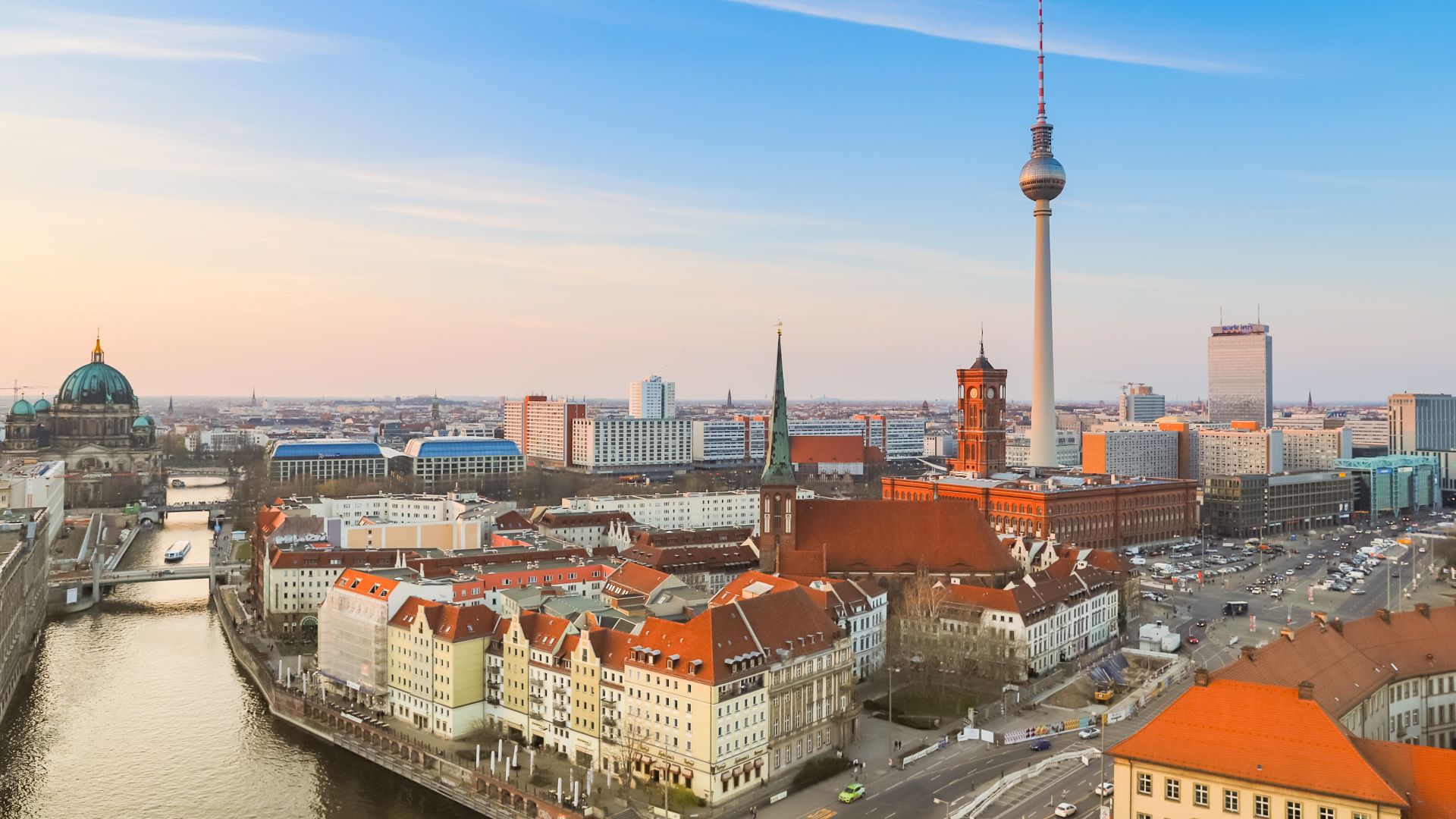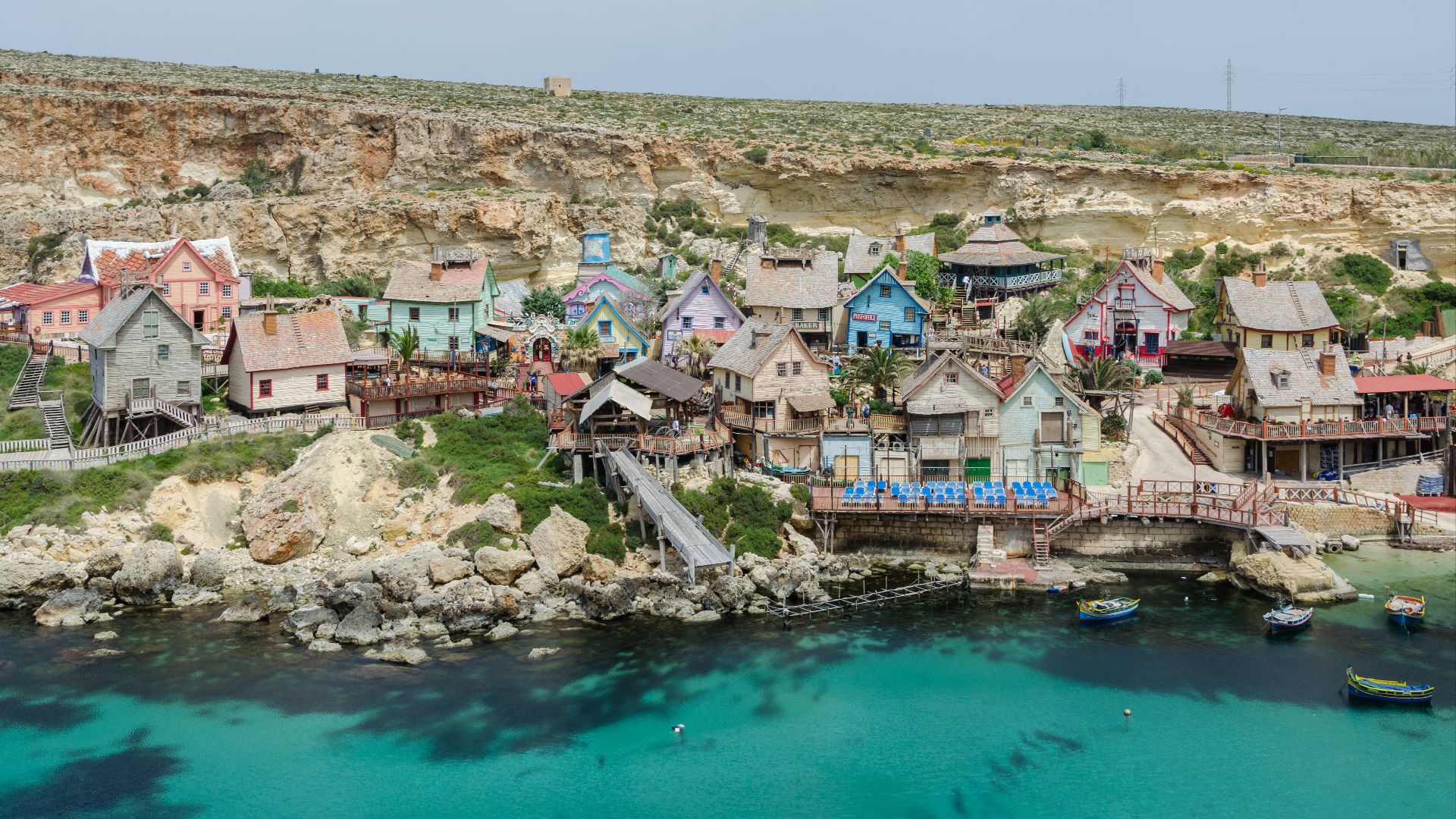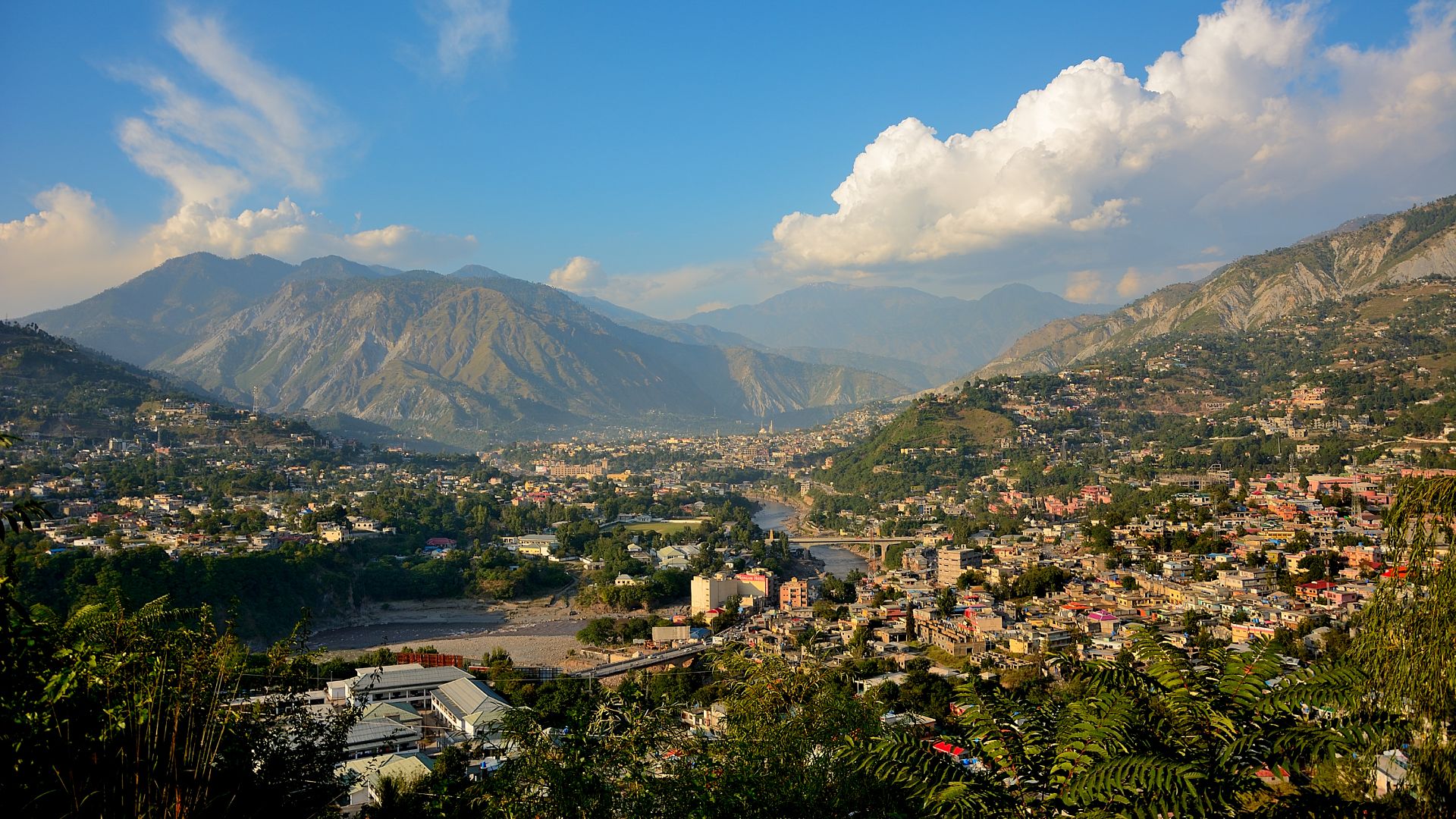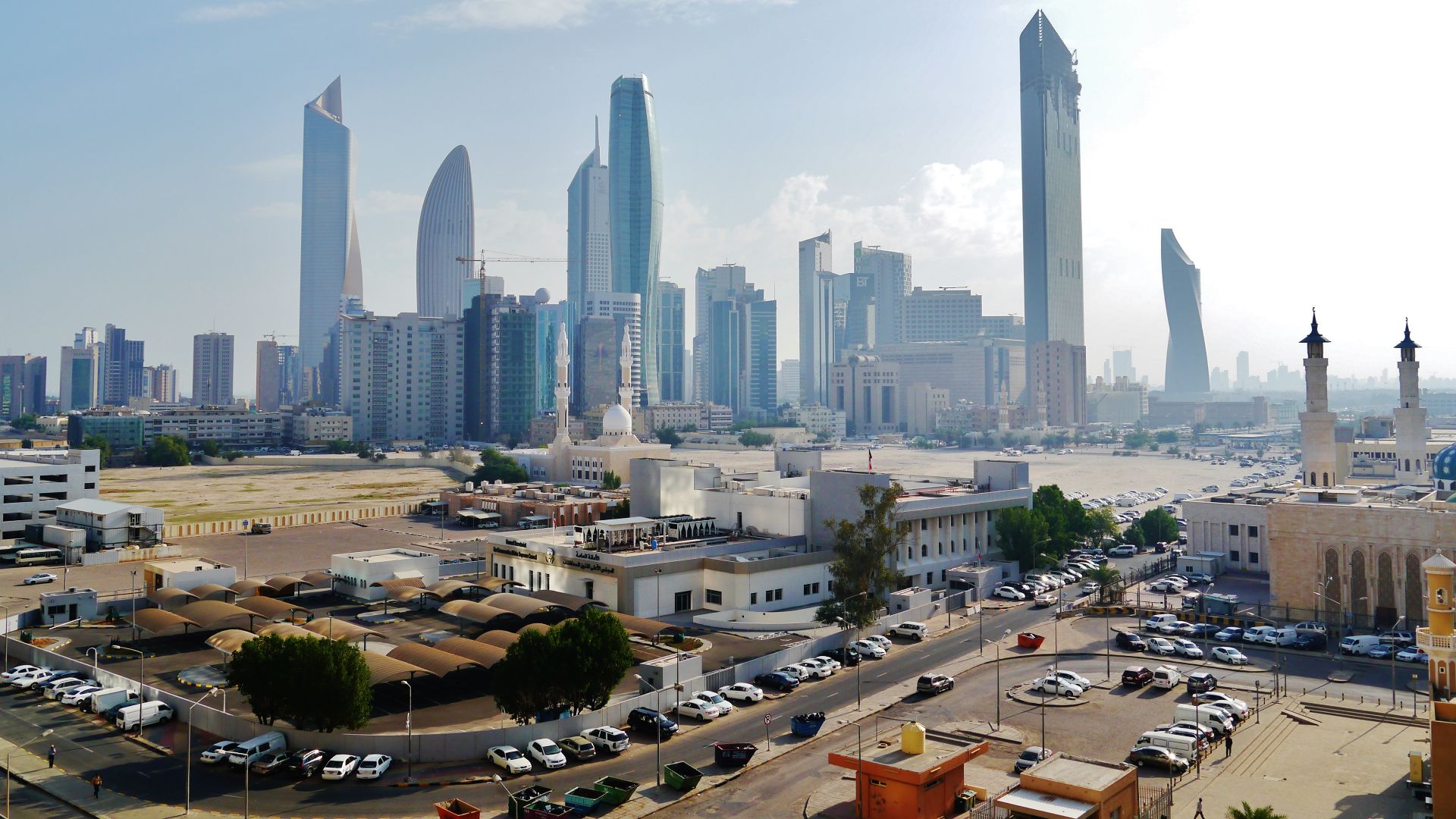Welcome to “Expat-astrophe”
Moving abroad sounds like a dream—until it’s not. Every year, thousands of expats share their experiences living in foreign lands through global surveys, and not all stories are happy ones. Whether it’s bureaucracy gone wild, culture shock turned sour, or simply sky-high living costs, some countries just don’t make the grade.
To rank the worst countries for expats, we relied primarily on InterNations’ annual Expat Insider survey, which compiles feedback from thousands of expats on factors like: quality of life, ease of settling in, working abroad, personal finance, and overall satisfaction. We've also considered supplemental data from OECD, Numbeo, and the World Bank to capture cost-of-living pressures, safety, and infrastructure woes.
So pack your (emotional) baggage—it’s time to dive into the expat destinations that didn’t quite live up to expectations.
 30: South Korea
30: South Korea
- High cost of living in major cities like Seoul
- Language barrier remains a challenge for integration
- Rigid work culture and long hours
- Limited access to affordable housing for foreigners
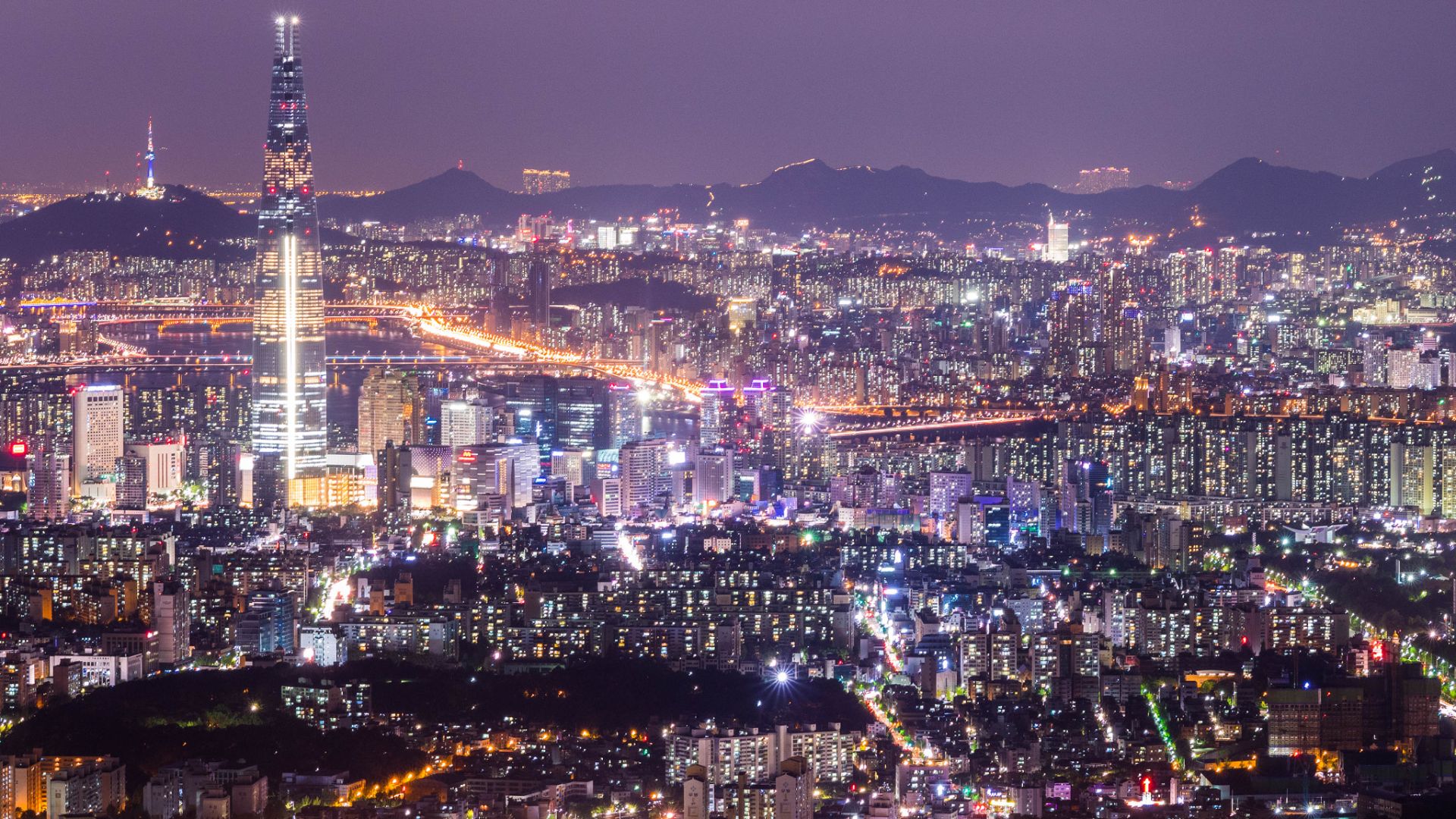 Joon Kyu Park, Wikimedia Commons
Joon Kyu Park, Wikimedia Commons
29: India
- Infrastructure issues and pollution in major cities
- Bureaucracy and visa hassles
- Safety concerns, especially for women
- Health care quality varies dramatically by region
28: Italy
- Struggles with bureaucracy and red tape
- Poor job prospects for expats
- Low satisfaction with digital infrastructure
- High youth unemployment affects expat families
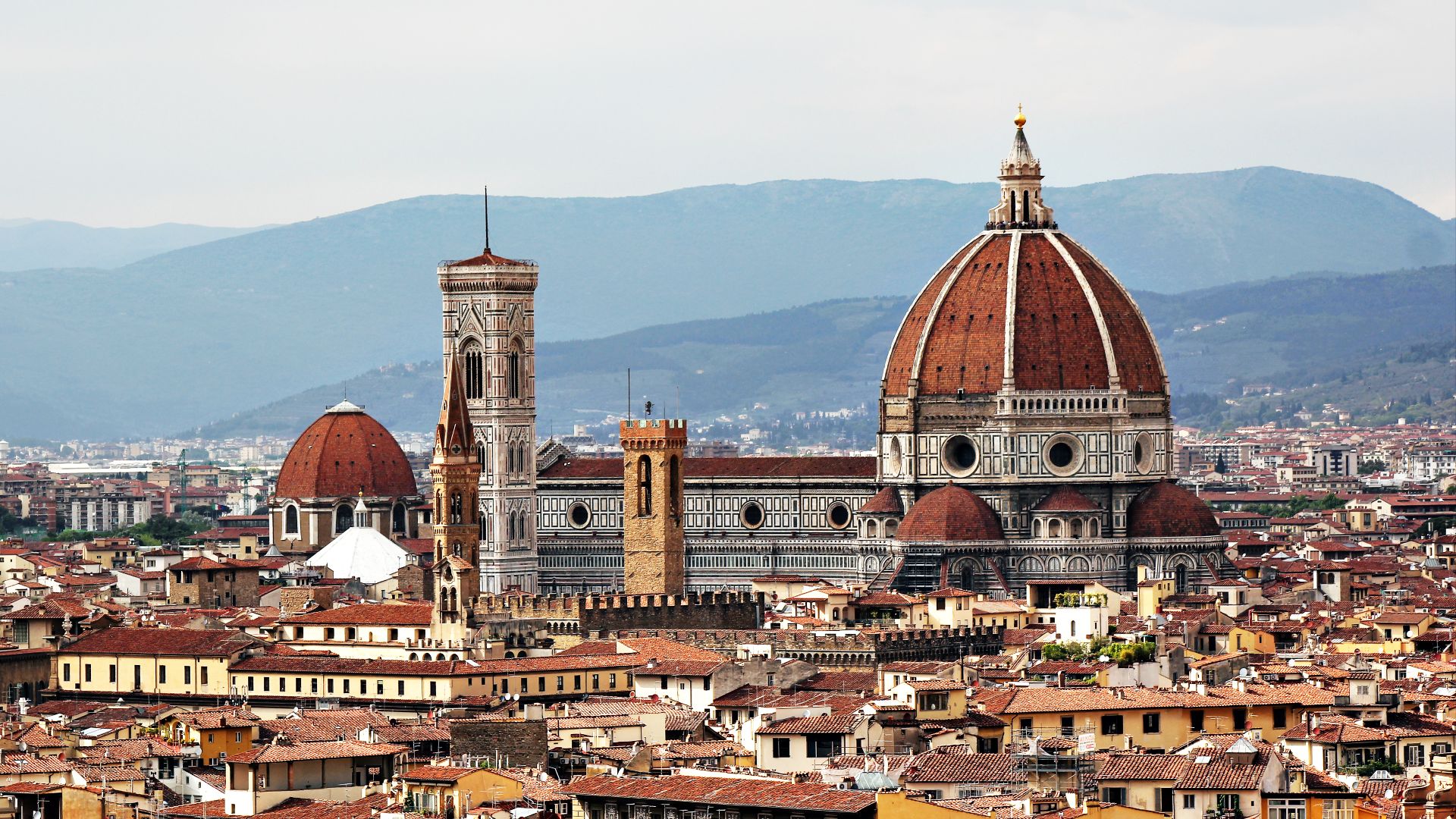 Jonathan Körner jonko, Wikimedia Commons
Jonathan Körner jonko, Wikimedia Commons
27: Czech Republic
- Locals often perceived as unfriendly to newcomers
- Language barrier is significant outside of Prague
- Lack of childcare and schooling options in English
- Health care access can be slow or inefficient
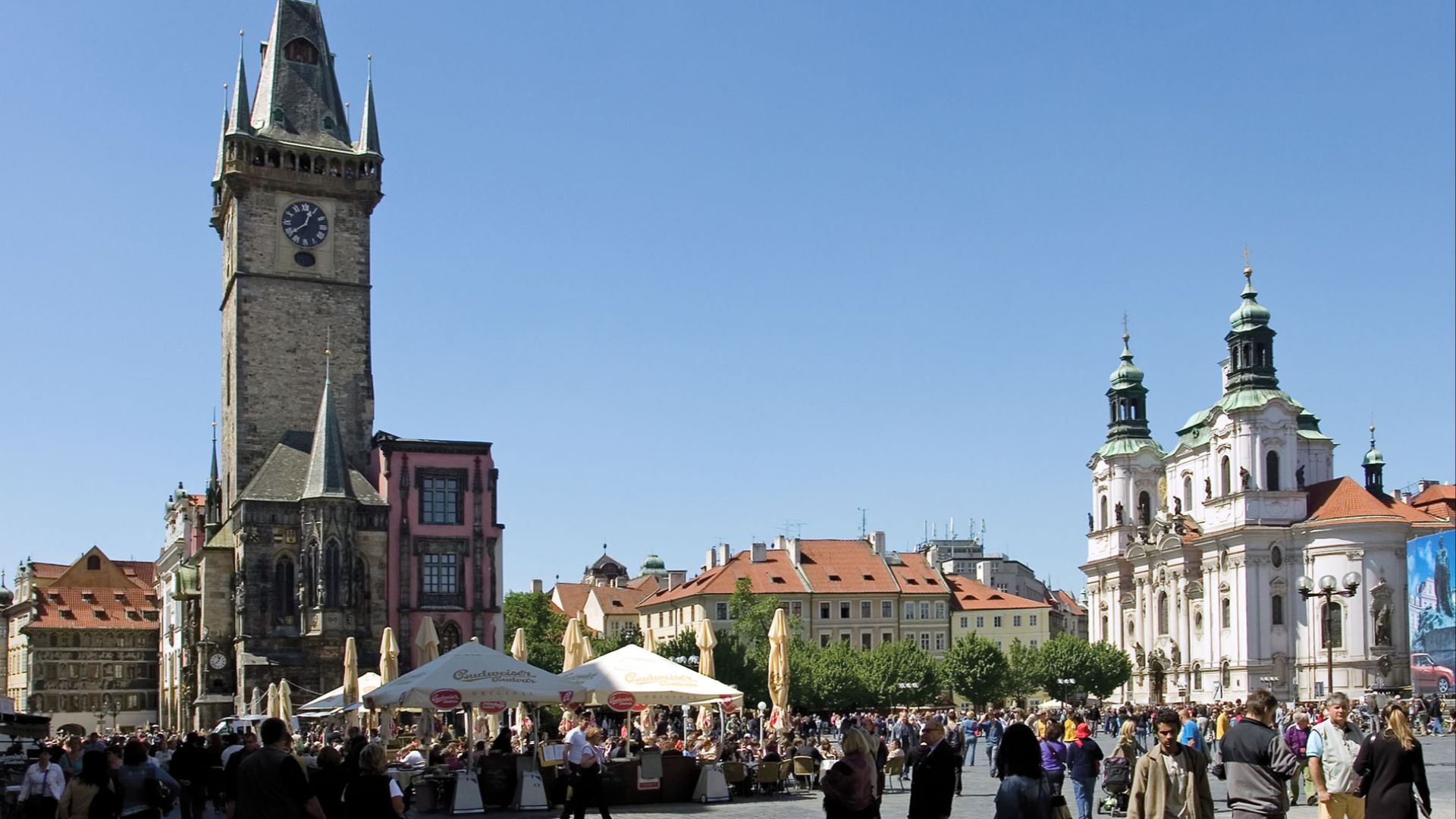 Sergey Ashmarin, Wikimedia Commons
Sergey Ashmarin, Wikimedia Commons
26: Chile
- Safety concerns due to rising crime
- Poor air quality in Santiago
- Limited access to international education
- Complex bureaucracy for work permits and visas
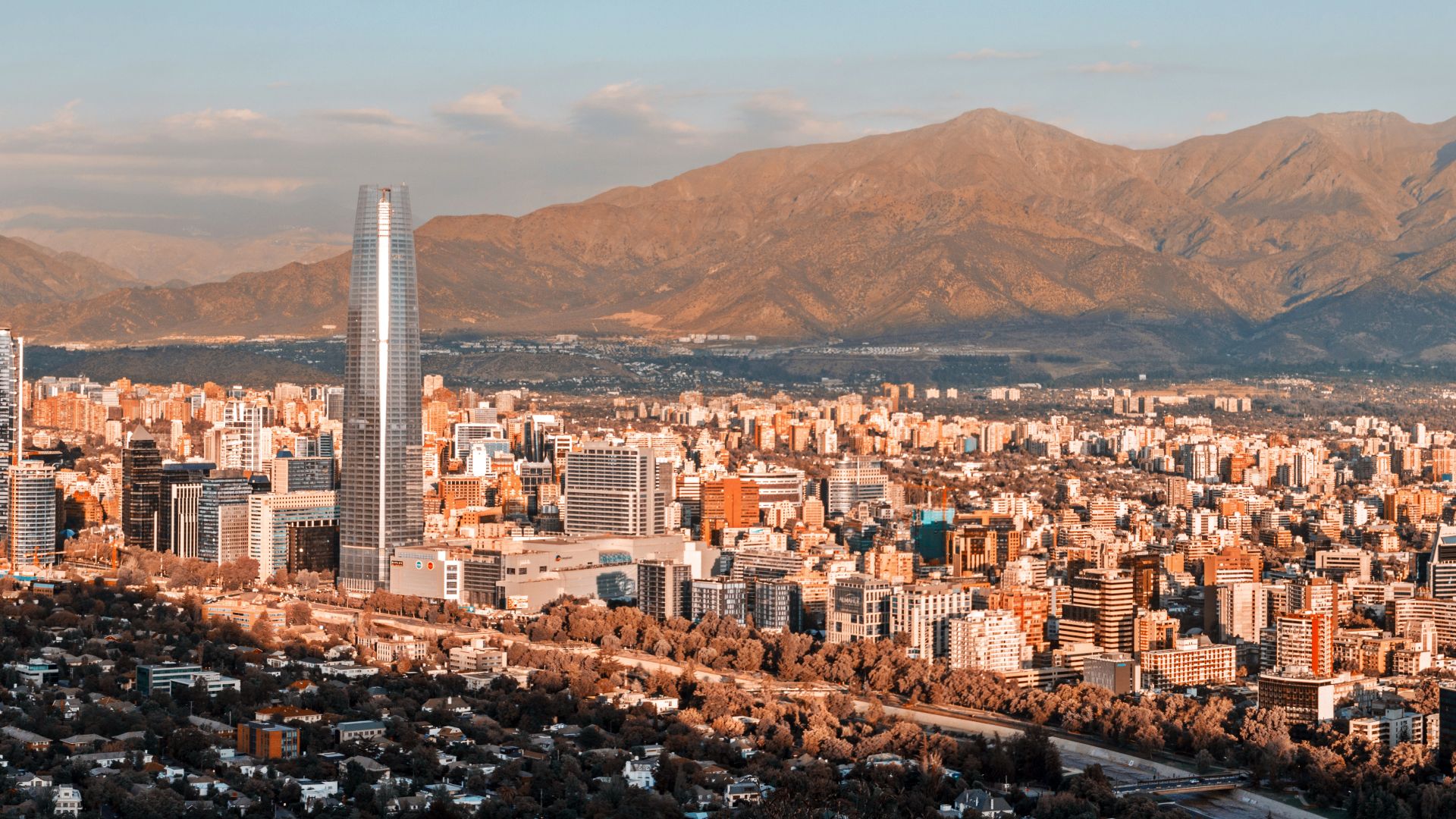 Omnespsx (D•ES), Wikimedia Commons
Omnespsx (D•ES), Wikimedia Commons
25: Norway
- Cold climate and dark winters affect social life
- Very high cost of living
- Difficult to make friends with locals
- Job market is competitive for non-Norwegian speakers
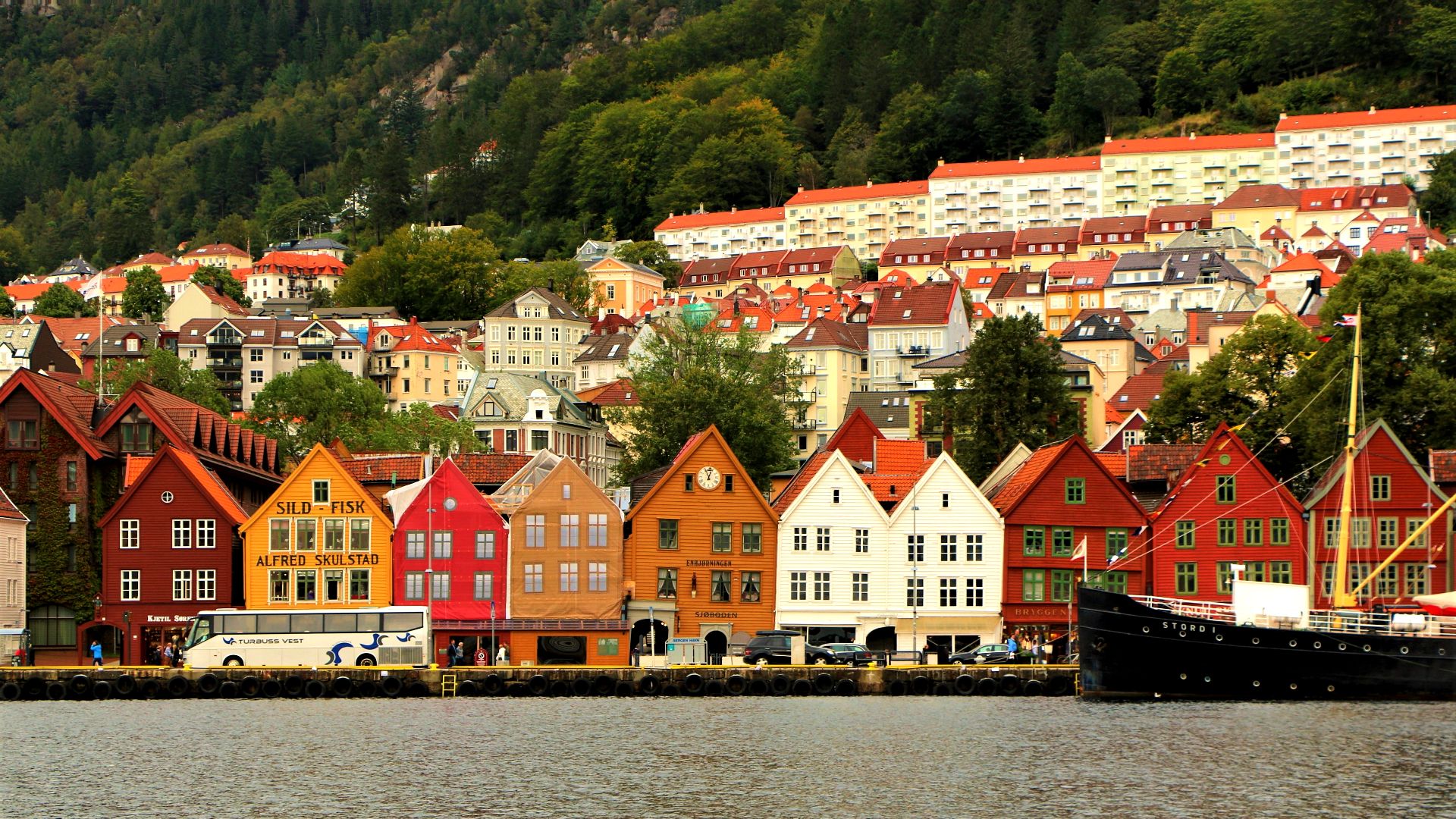 Juan Antonio F. Segal from Madrid, Spain, Wikimedia Commons
Juan Antonio F. Segal from Madrid, Spain, Wikimedia Commons
24: Philippines
- Health care system under strain in rural areas
- Internet infrastructure is weak outside major cities
- Pollution and traffic congestion in Manila
- Safety concerns due to crime and natural disasters
23: Vietnam
- Language barrier is high for daily tasks
- Bureaucracy makes long-term visas difficult
- Pollution and chaotic traffic
- Limited social security or support for foreigners
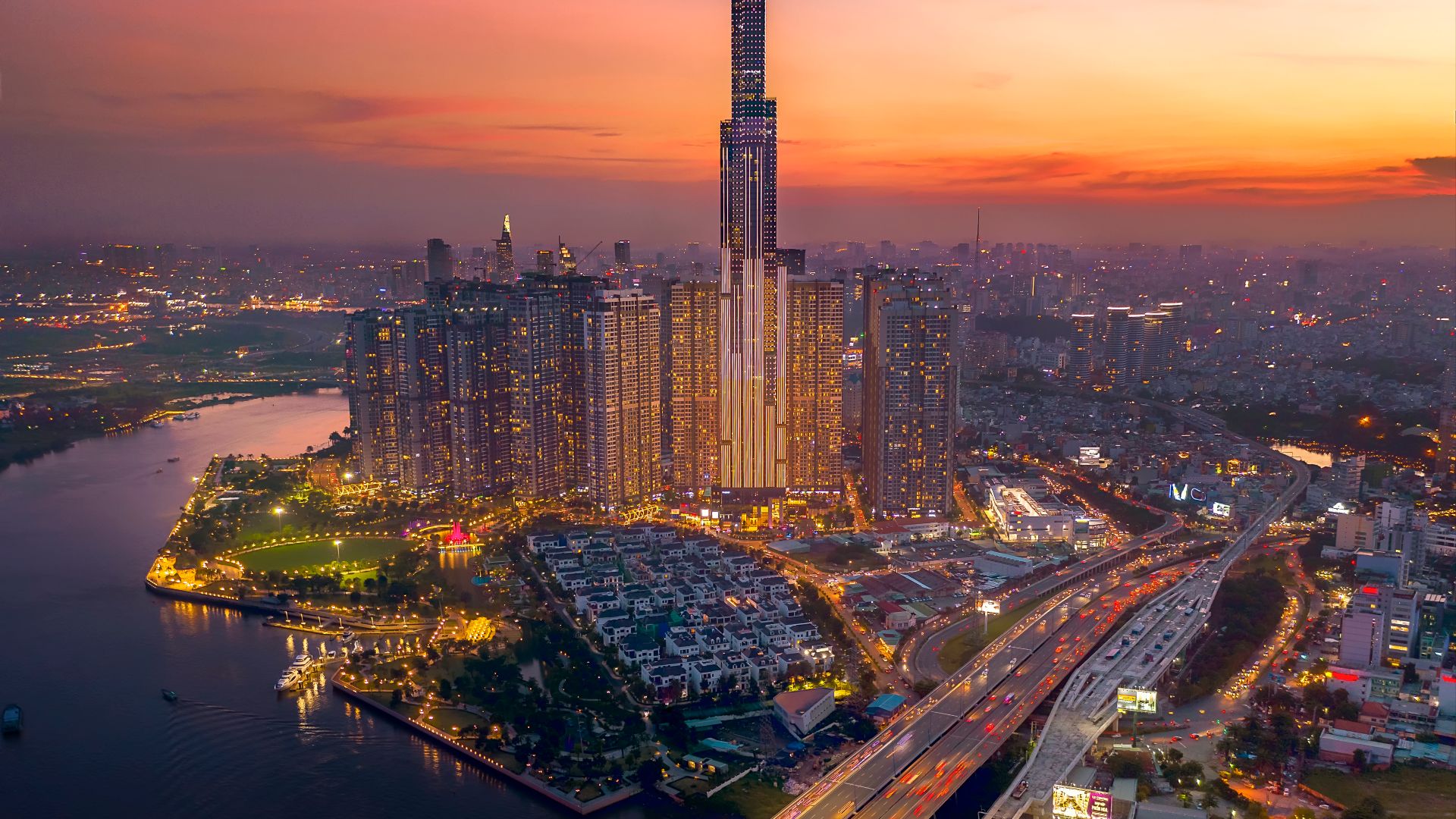 Lê Minh Phat, Wikimedia Commons
Lê Minh Phat, Wikimedia Commons
22: Algeria
- Bureaucratic delays in residency and banking
- Limited job prospects for foreign professionals
- Language barrier—Arabic and French dominate
- Underdeveloped public services and digital tools
21: Egypt
- Infrastructure is underdeveloped in many areas
- Women expats report safety concerns
- Corruption and red tape are common complaints
- Low satisfaction with leisure options
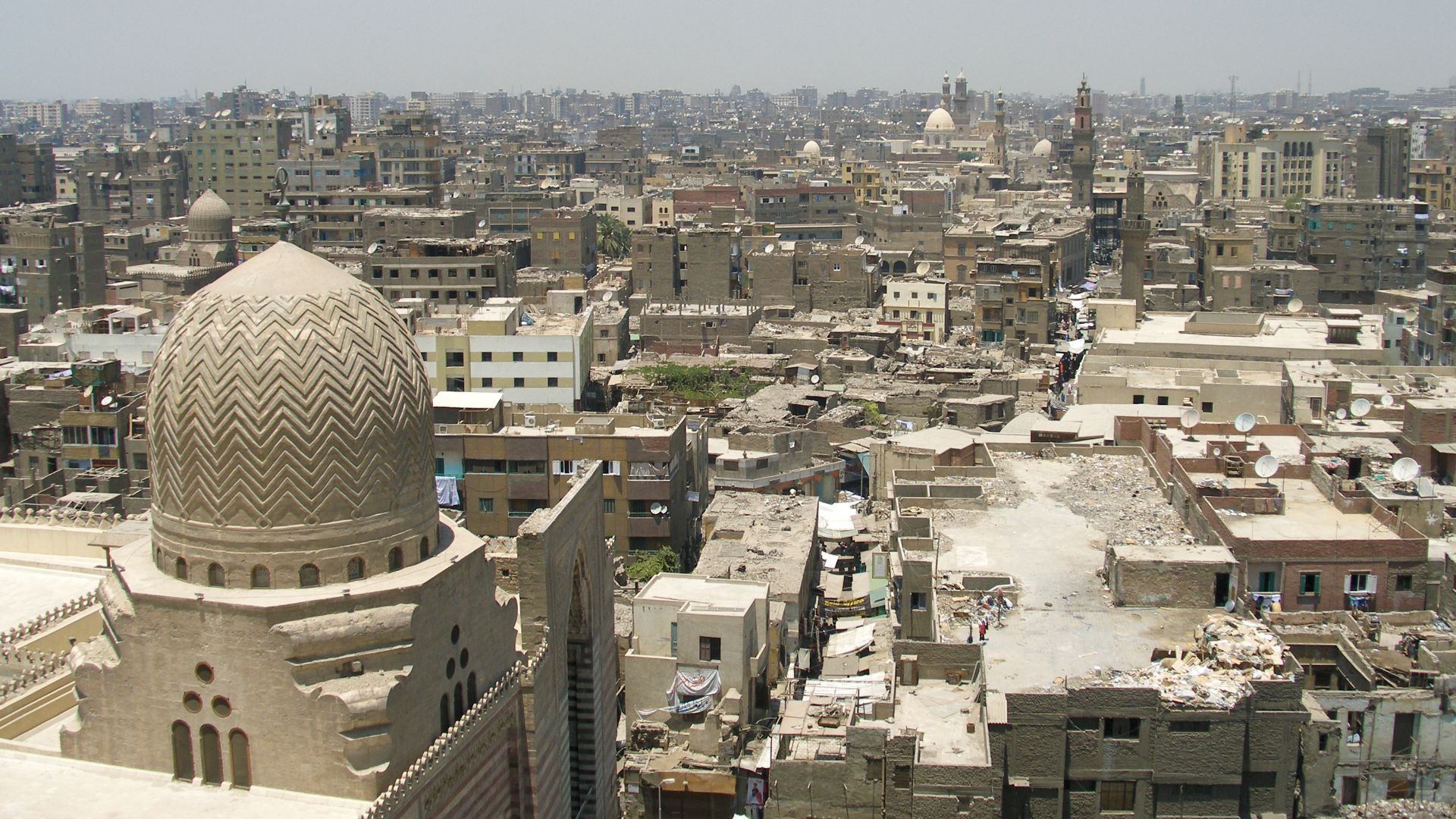 Vyacheslav Argenberg, Wikimedia Commons
Vyacheslav Argenberg, Wikimedia Commons
20: Brazil
- High crime rates in urban areas
- Bureaucracy is overwhelming for residency
- Cost of living rising rapidly
- Poor quality public services and infrastructure
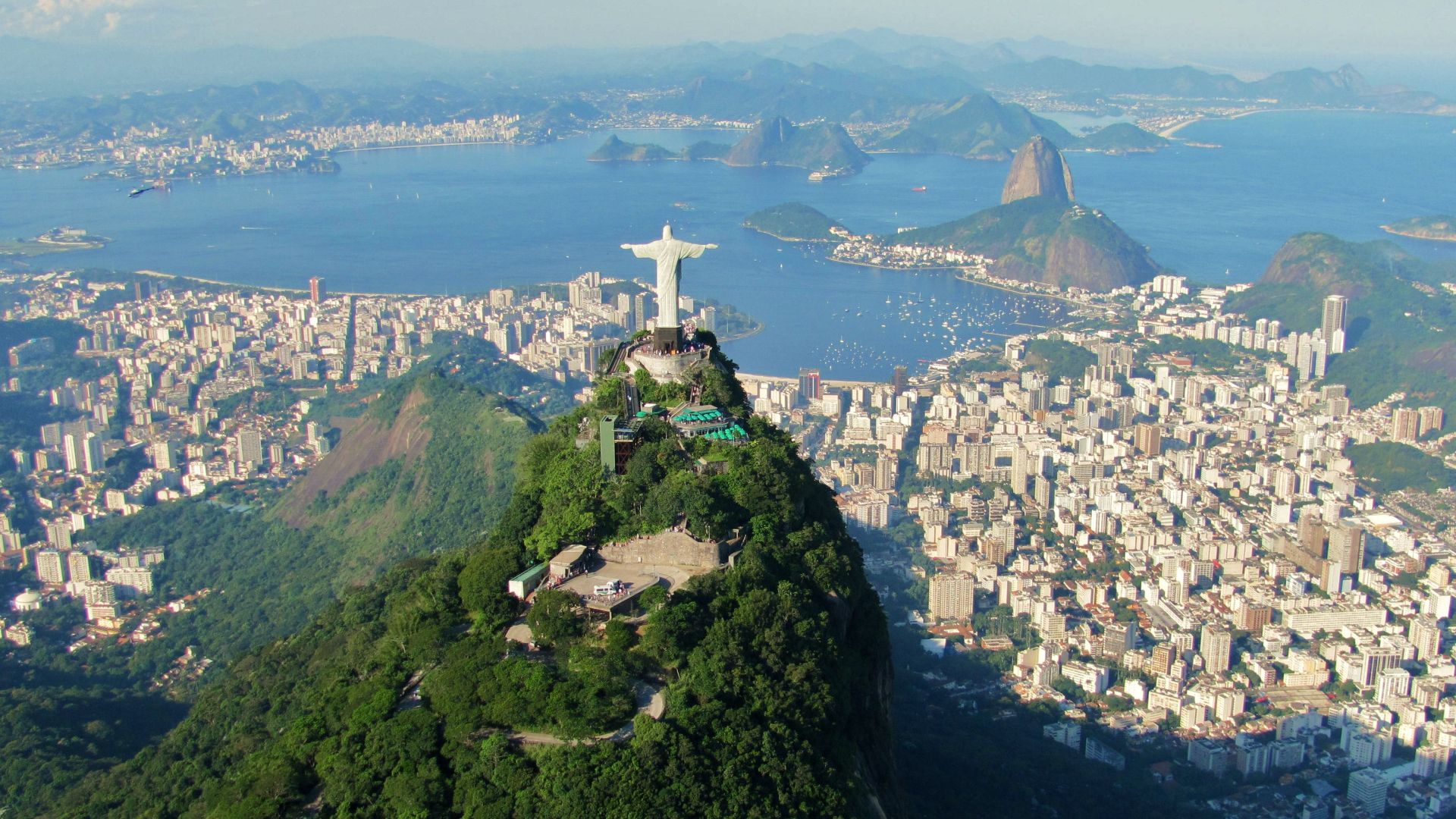 Rafael Rabello de Barros, Wikimedia Commons
Rafael Rabello de Barros, Wikimedia Commons
19: Russia
- Complex visa and registration processes
- Language barrier is significant
- Increasing political isolation affects expats
- Lower satisfaction with health care and education
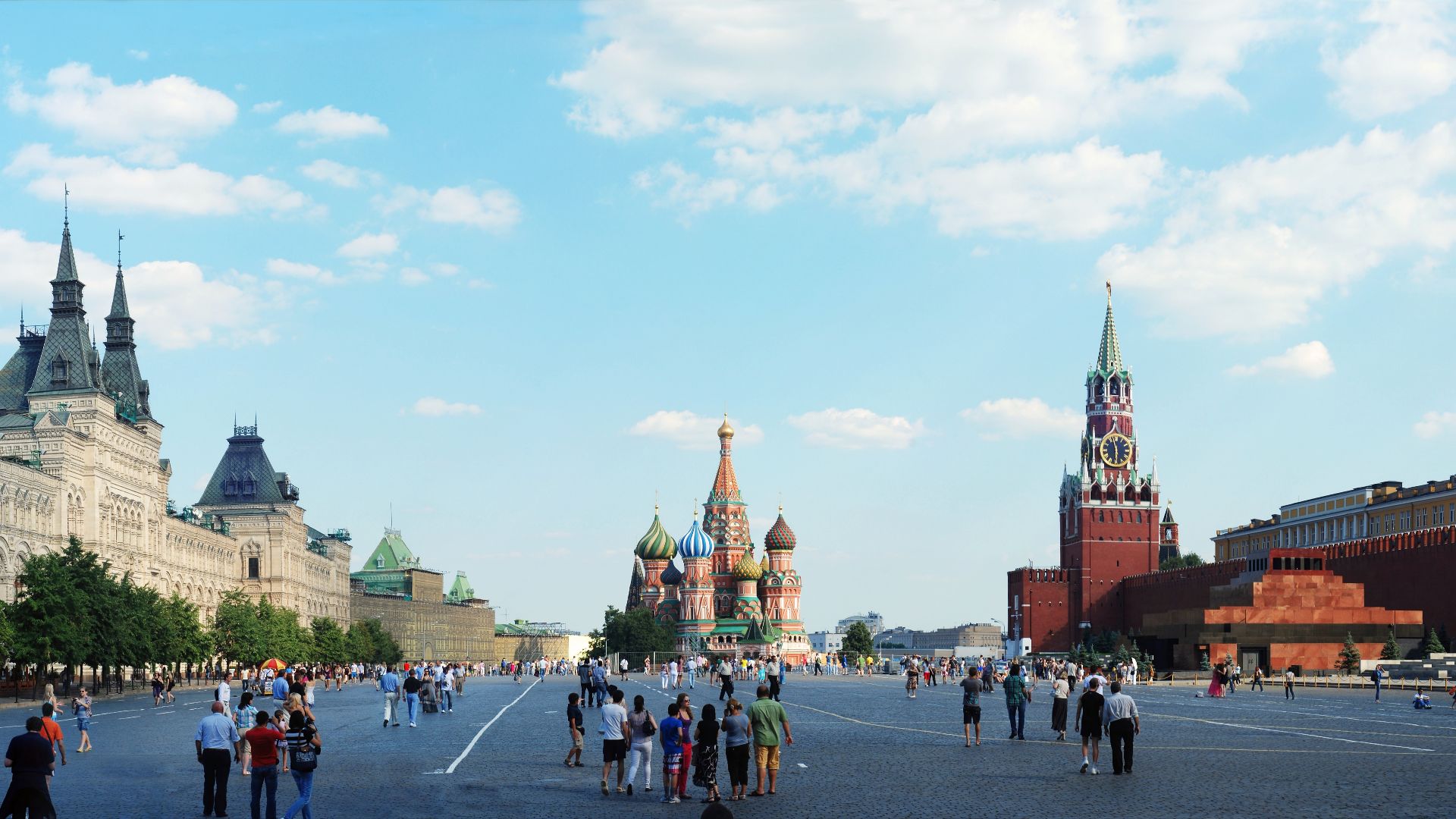 Alvesgaspar, Wikimedia Commons
Alvesgaspar, Wikimedia Commons
18: Greece
- Economic instability lingers
- Job opportunities are scarce for non-EU citizens
- Bureaucracy is slow and inefficient
- Expats report struggles integrating into social life
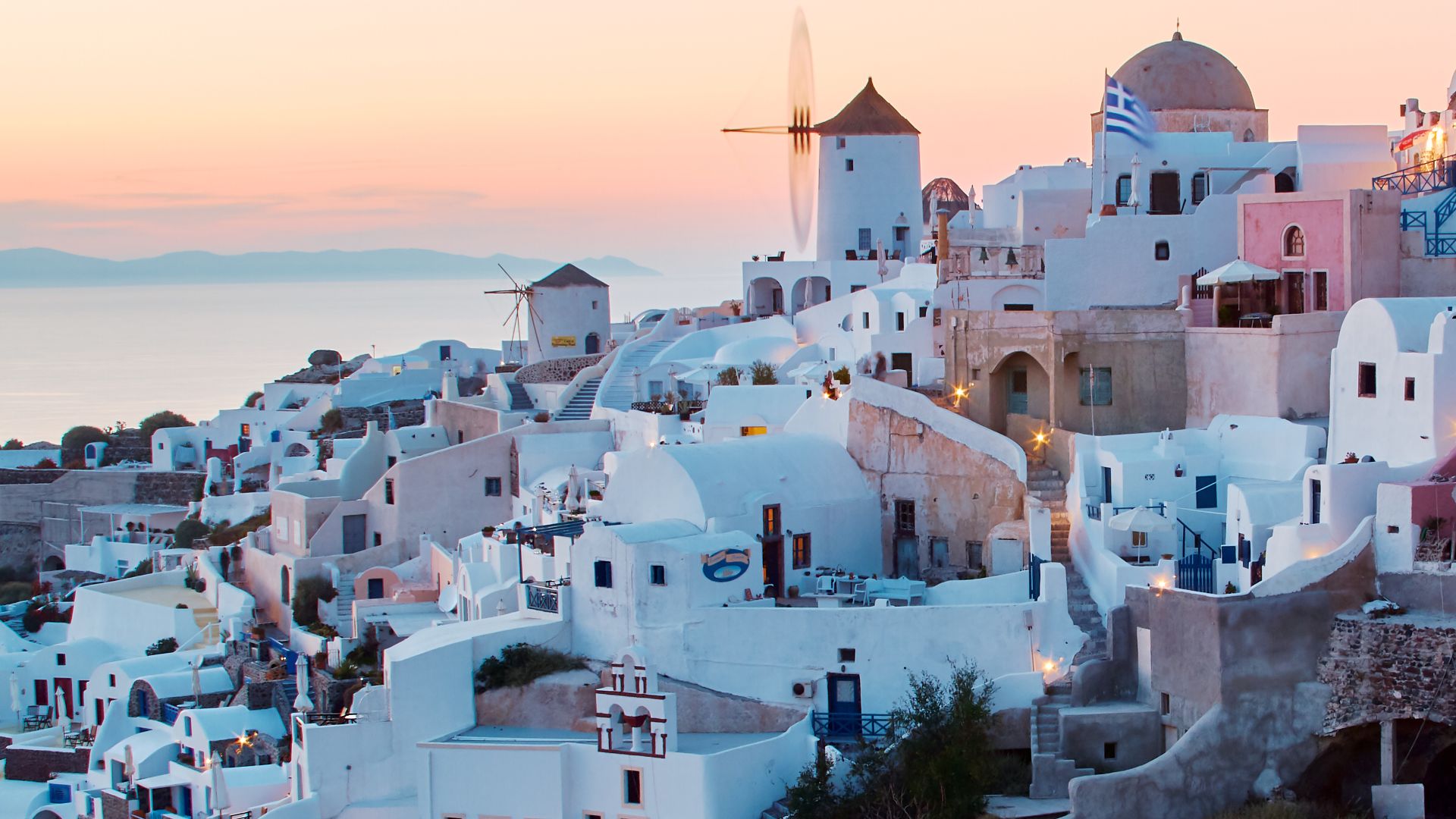 Pedro Szekely from Los Angeles, USA, Wikimedia Commons
Pedro Szekely from Los Angeles, USA, Wikimedia Commons
17: Indonesia
- Poor health care infrastructure
- Pollution and traffic in Jakarta
- Difficulties with official documentation
- Educational options for children are limited
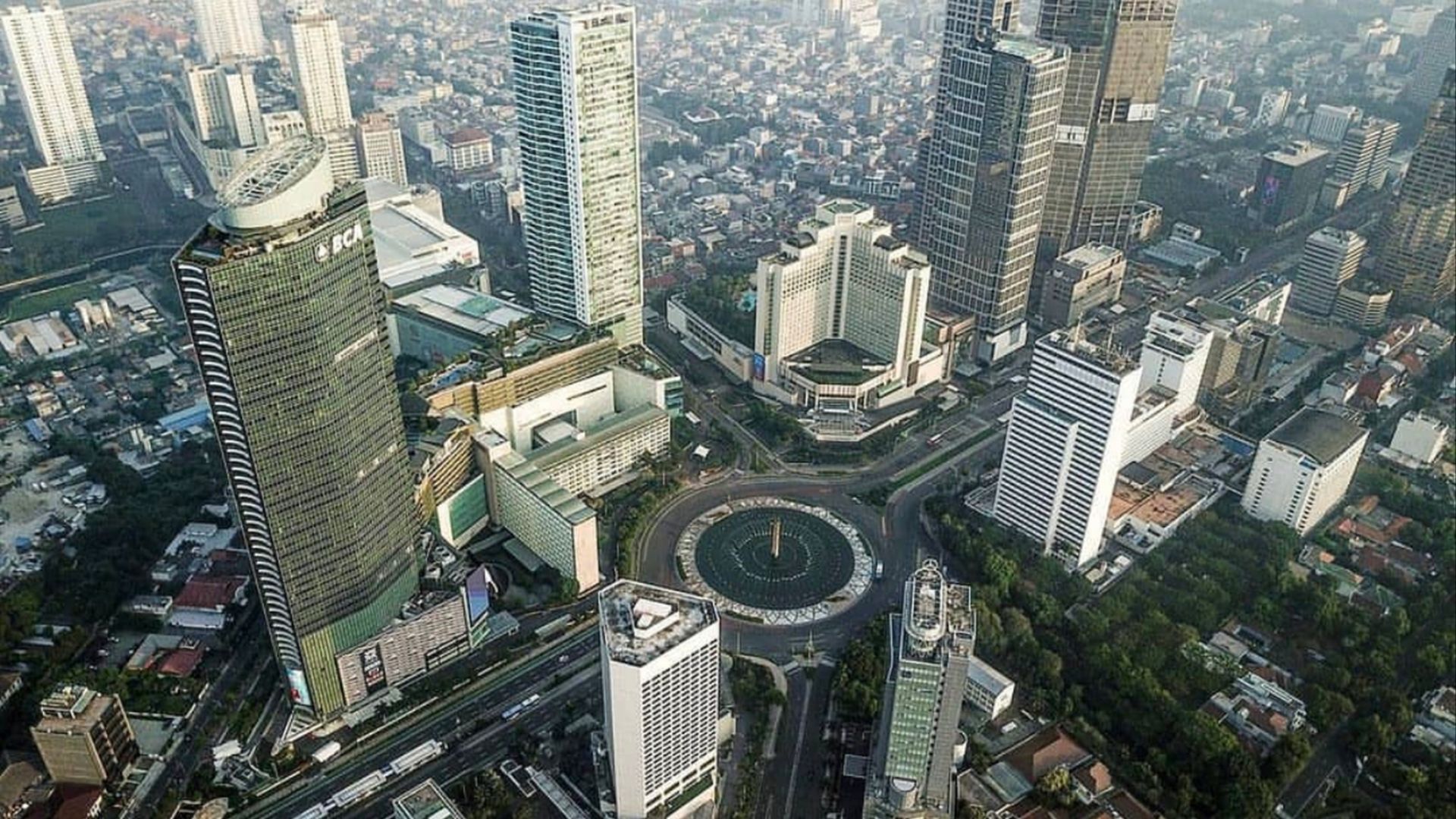 Jakartadunia, Wikimedia Commons
Jakartadunia, Wikimedia Commons
16: Qatar
- Expensive housing in expat-friendly areas
- Limited political freedoms and cultural restrictions
- Heat and climate create physical discomfort
- Work culture is often rigid and hierarchical
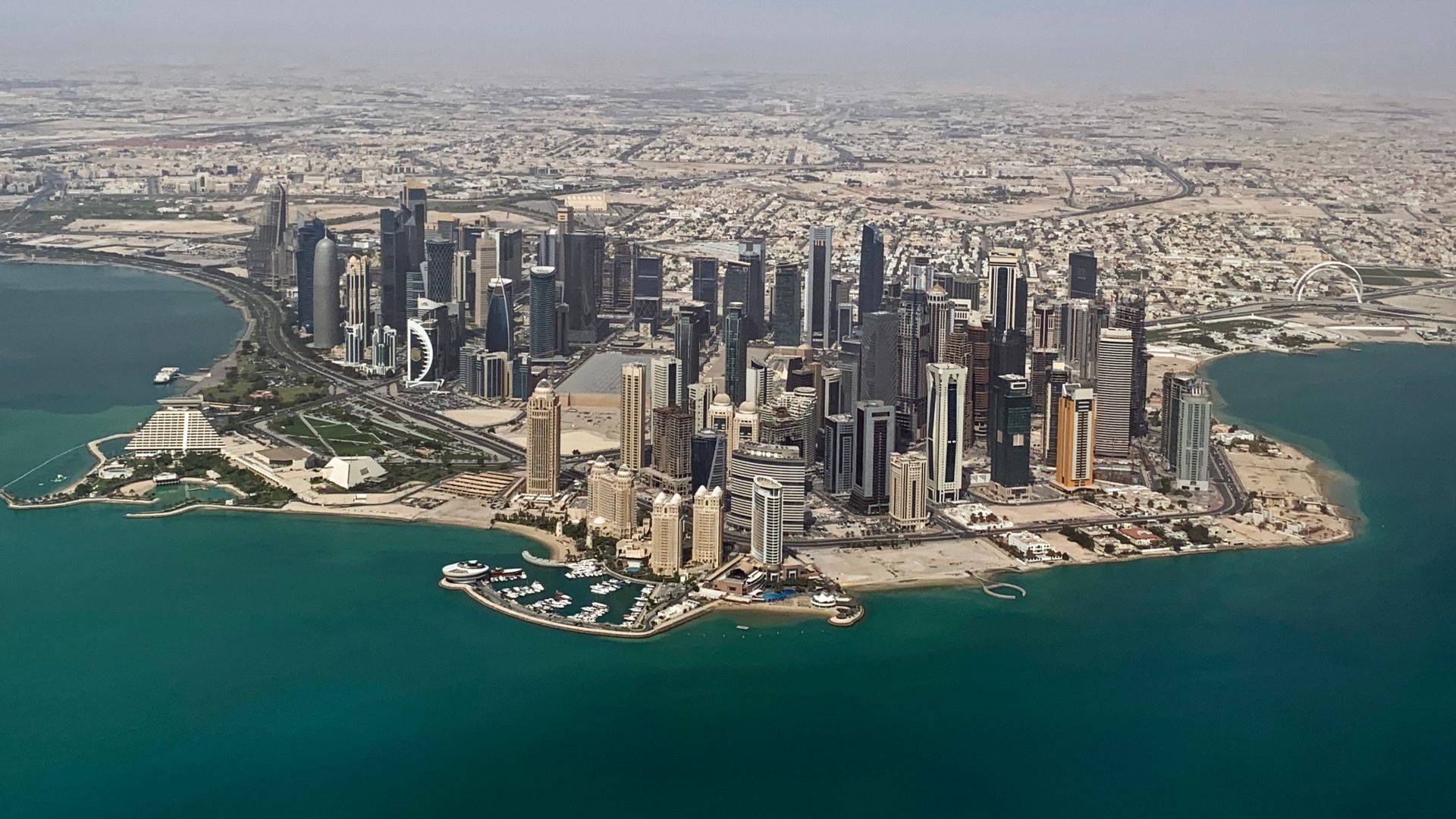 FLASHPACKER TRAVELGUIDE, Wikimedia Commons
FLASHPACKER TRAVELGUIDE, Wikimedia Commons
15: Kenya
- High crime rates in Nairobi and Mombasa
- Infrastructure is weak, especially in rural areas
- Access to reliable health care is limited
- Bureaucracy is challenging and often slow
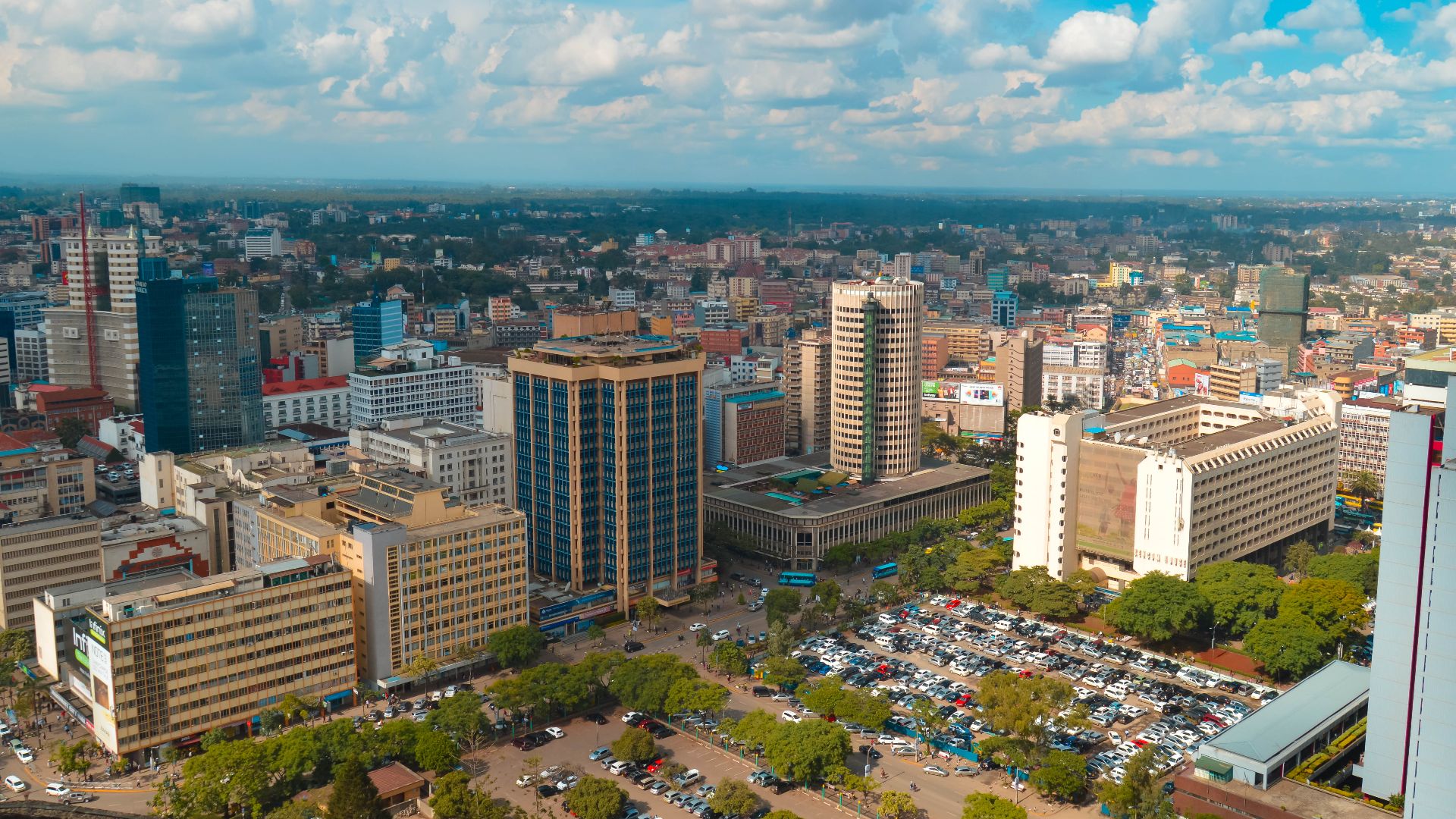 Waceke kamau, Wikimedia Commons
Waceke kamau, Wikimedia Commons
14: Ireland
- Sky-high rental prices in Dublin
- Long wait times for public services
- Health care system under pressure
- Locals often described as hard to befriend
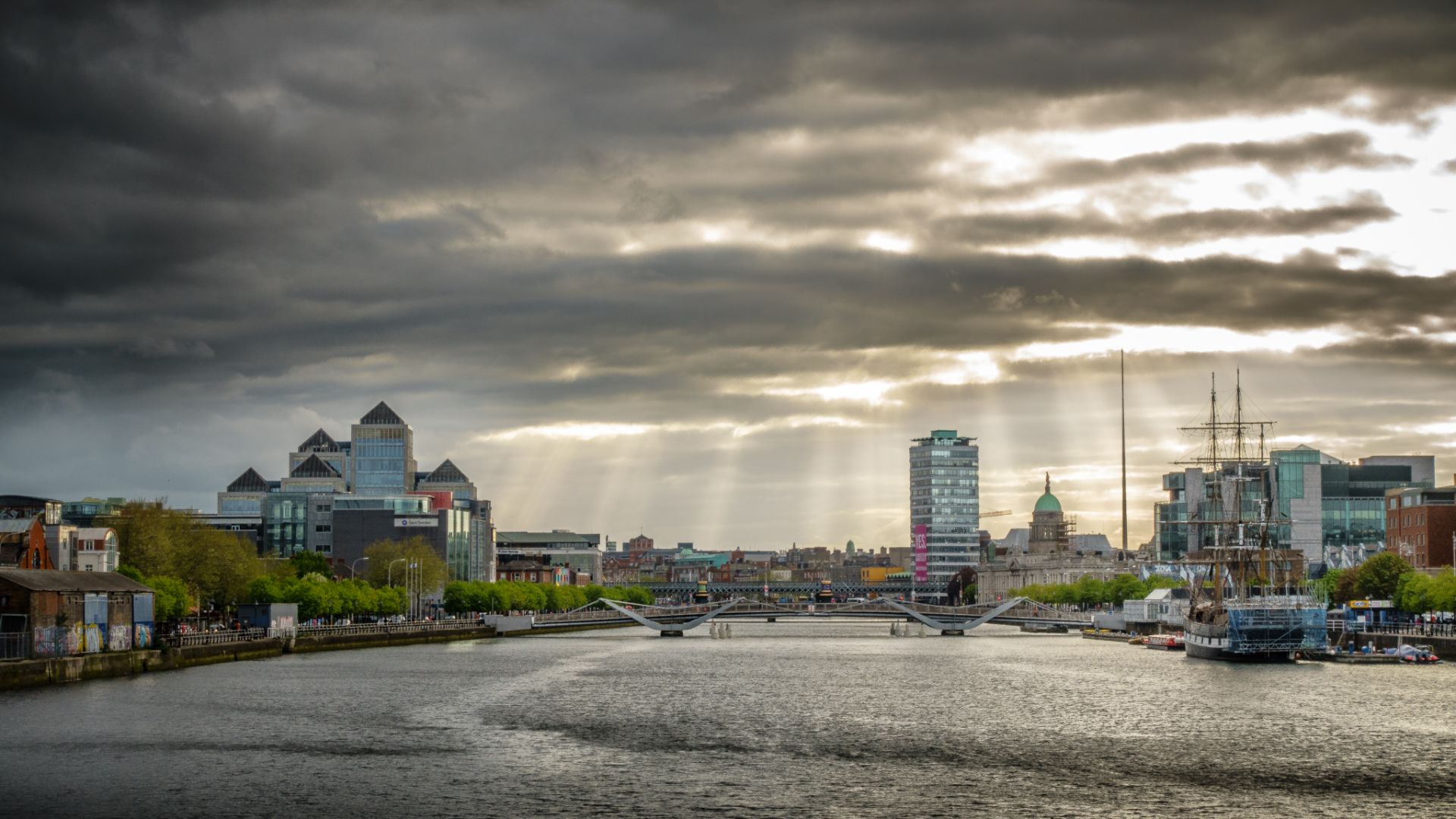 Giuseppe Milo from Dublin, Ireland, Wikimedia Commons
Giuseppe Milo from Dublin, Ireland, Wikimedia Commons
13: Peru
- Corruption is a major issue in daily life
- Poor public infrastructure and transportation
- Low-quality health care in rural areas
- Earthquake risk and general instability
12: Saudi Arabia
- Cultural restrictions limit lifestyle choices
- Gender segregation and inequality persist
- Hot desert climate is a challenge for many
- Difficult to integrate socially as a foreigner
11: South Africa
- High crime rate, including violent crime
- Public infrastructure is deteriorating
- Economic inequality is stark and visible
- Energy shortages and blackouts are frequent
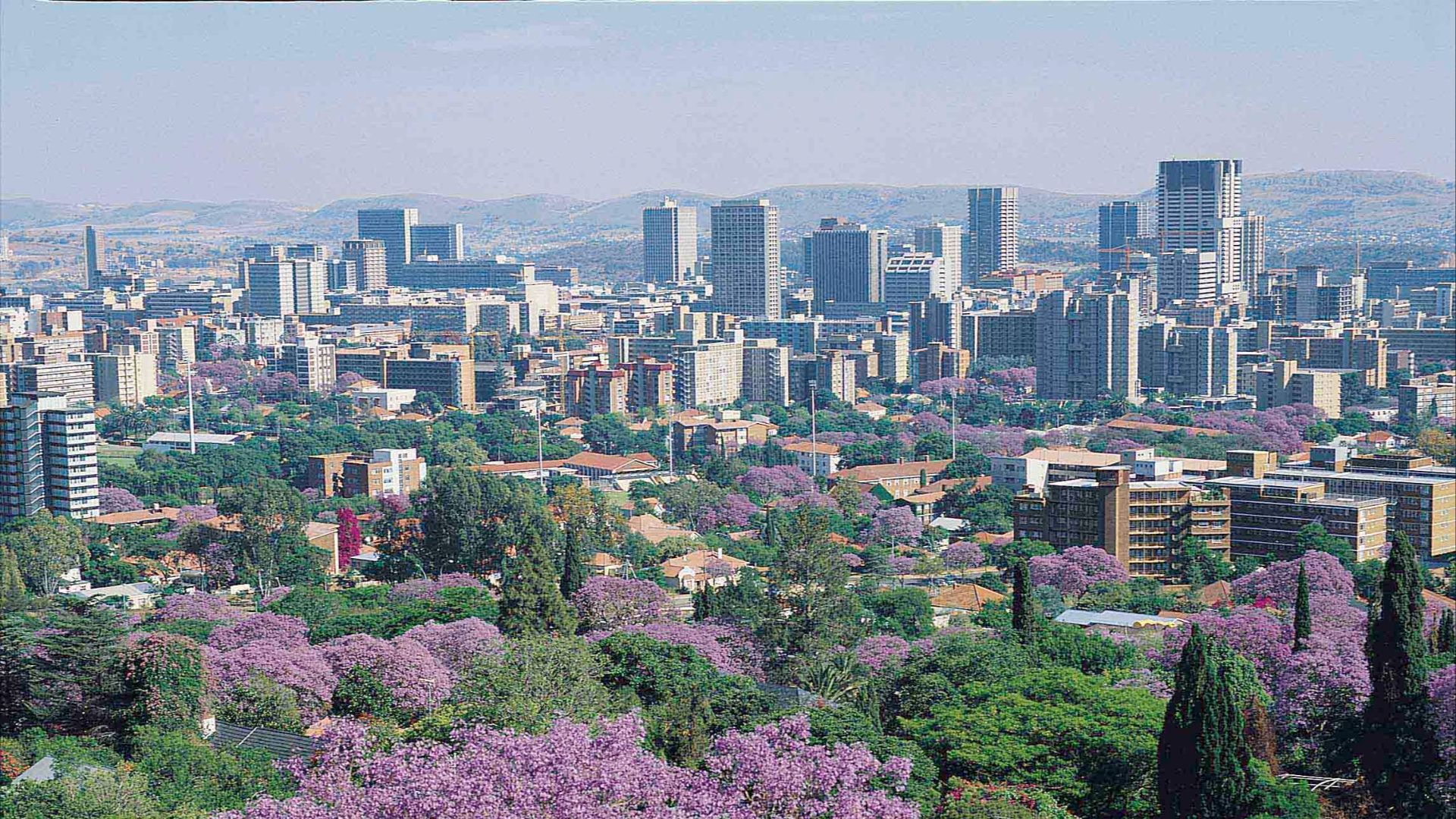 South African Tourism from South Africa, Wikimedia Commons
South African Tourism from South Africa, Wikimedia Commons
10: Argentina
- Rampant inflation affects savings and salaries
- Currency restrictions create banking issues
- Unreliable public transportation
- Political instability leads to financial uncertainty
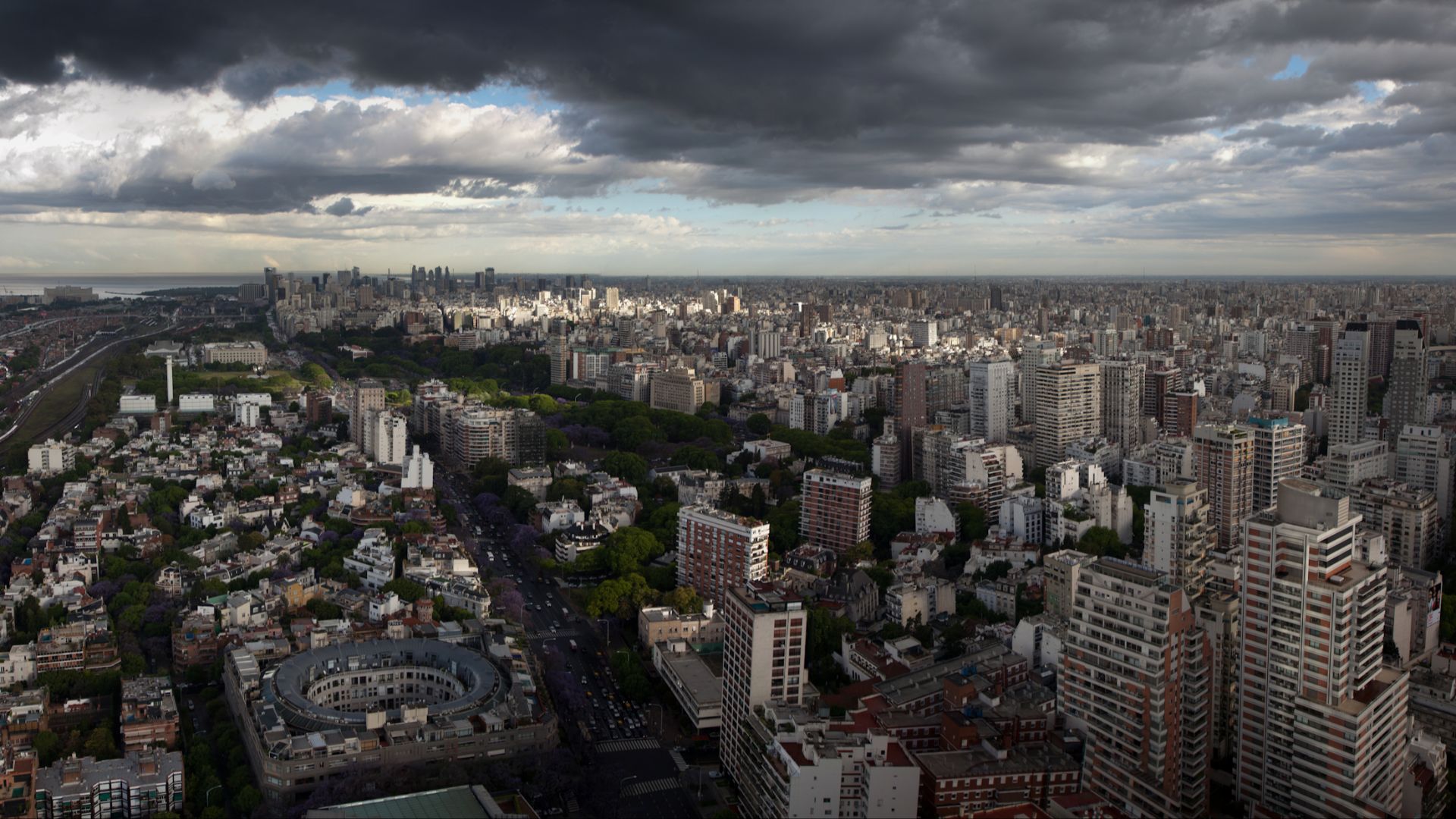 Jimmy Baikovicius, Wikimedia Commons
Jimmy Baikovicius, Wikimedia Commons
9: China
- Censorship and restricted internet access
- Rising nationalism affects foreign workers
- Language barrier remains significant
- Pollution in major cities like Beijing
8: Jordan
- Cost of living is high compared to average wages
- Language and cultural differences limit integration
- Health care access is expensive for foreigners
- Bureaucracy around work permits is time-consuming
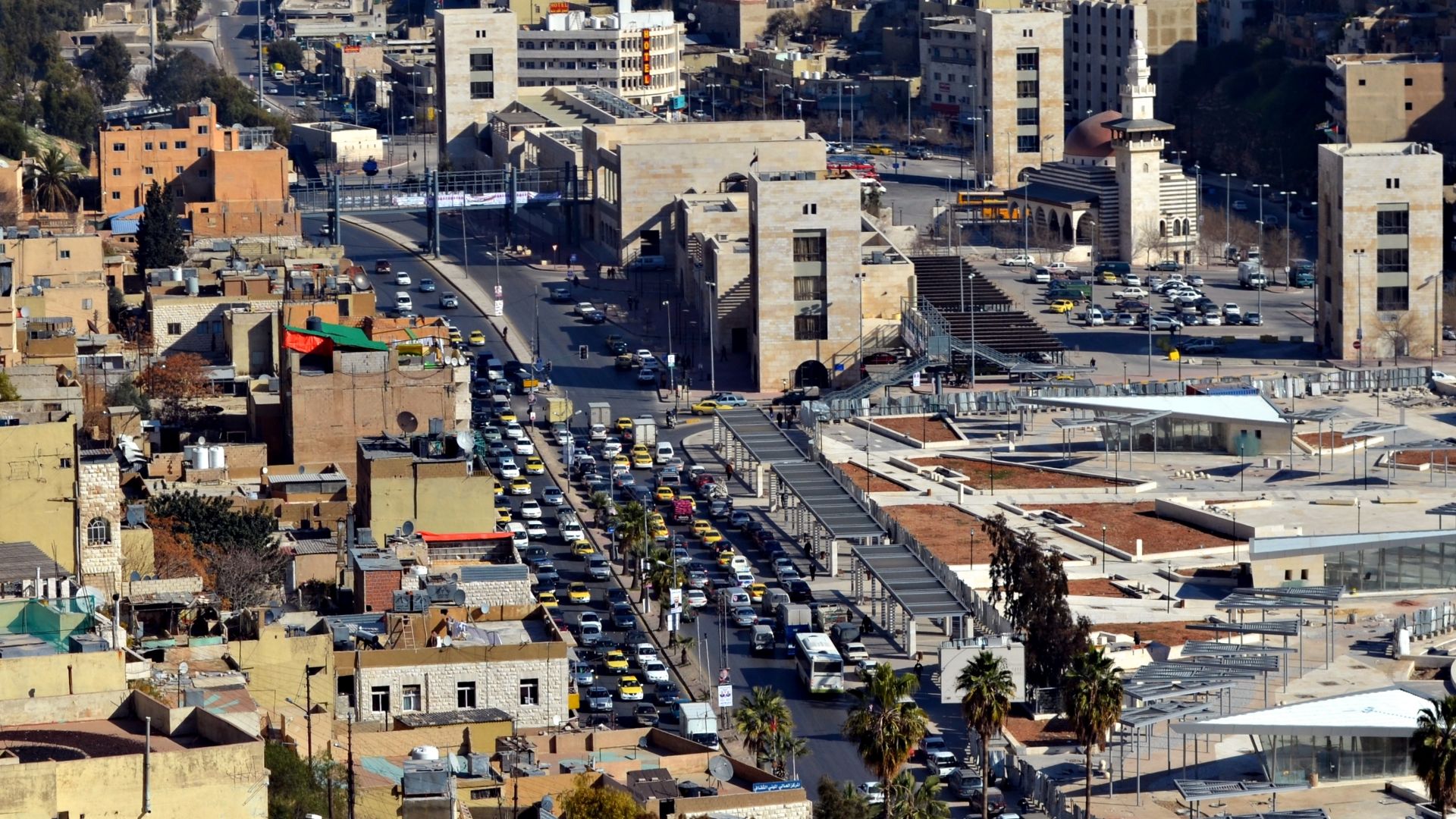 Faris El-Gwely, Wikimedia Commons
Faris El-Gwely, Wikimedia Commons
7: Nigeria
- Security concerns due to terrorism and kidnappings
- Weak health care system
- Poor road infrastructure and traffic issues
- Power outages are common and unpredictable
6: Germany
- Difficulty settling in and forming social circles
- Bureaucratic inefficiency, especially for visas
- Language is a major barrier in daily life
- Housing shortage in urban centers
5: Morocco
- Slow and outdated bureaucracy
- Language issues—French and Arabic dominate
- Limited leisure activities for families
- Bribery and corruption are widespread concerns
4: Malta
- Housing is overpriced and hard to find
- Overcrowded infrastructure during tourist season
- Poor public transportation
- Health care is overstretched due to rising population
3: Pakistan
- Safety and security concerns
- Internet censorship and weak infrastructure
- Limited job opportunities for foreigners
- Gender inequality is a major issue for expat women
2: Turkey
- Inflation and currency collapse worsening
- Political unrest and safety issues
- Health care availability dropping in quality
- Expats leaving due to instability
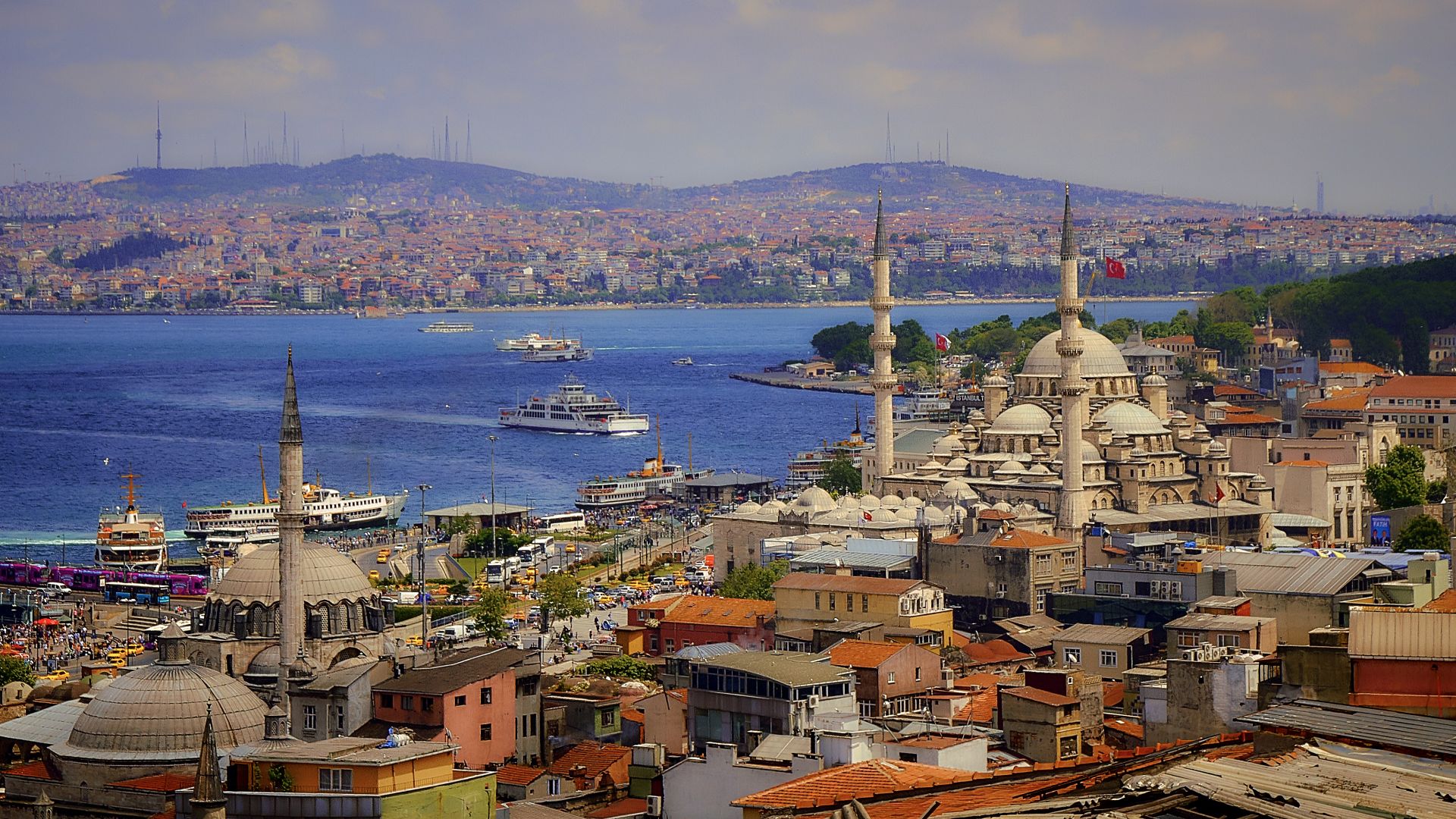 Pedro Szekely from Los Angeles, USA, Wikimedia Commons
Pedro Szekely from Los Angeles, USA, Wikimedia Commons
1: Kuwait
- Overwhelming bureaucracy with few expat protections
- Poor work-life balance and long hours
- Extremely difficult to integrate culturally
- Ranked lowest in expat satisfaction overall
You Might Also Like:
12 Hidden Countries You Didn’t Know Existed
Top World Heritage Sites Across the Globe
Ranking The Most Tech-Advanced Countries In The World—According To Data

